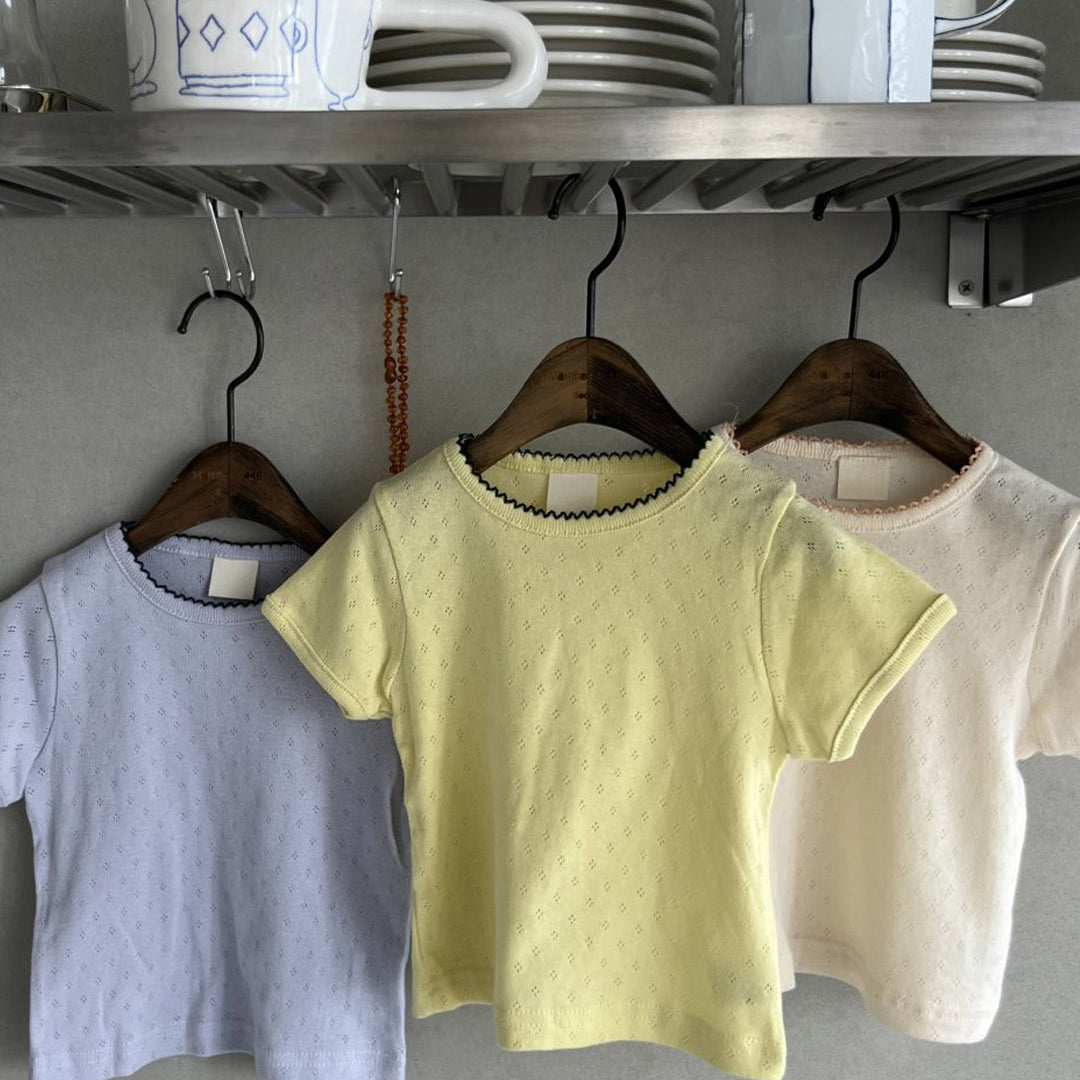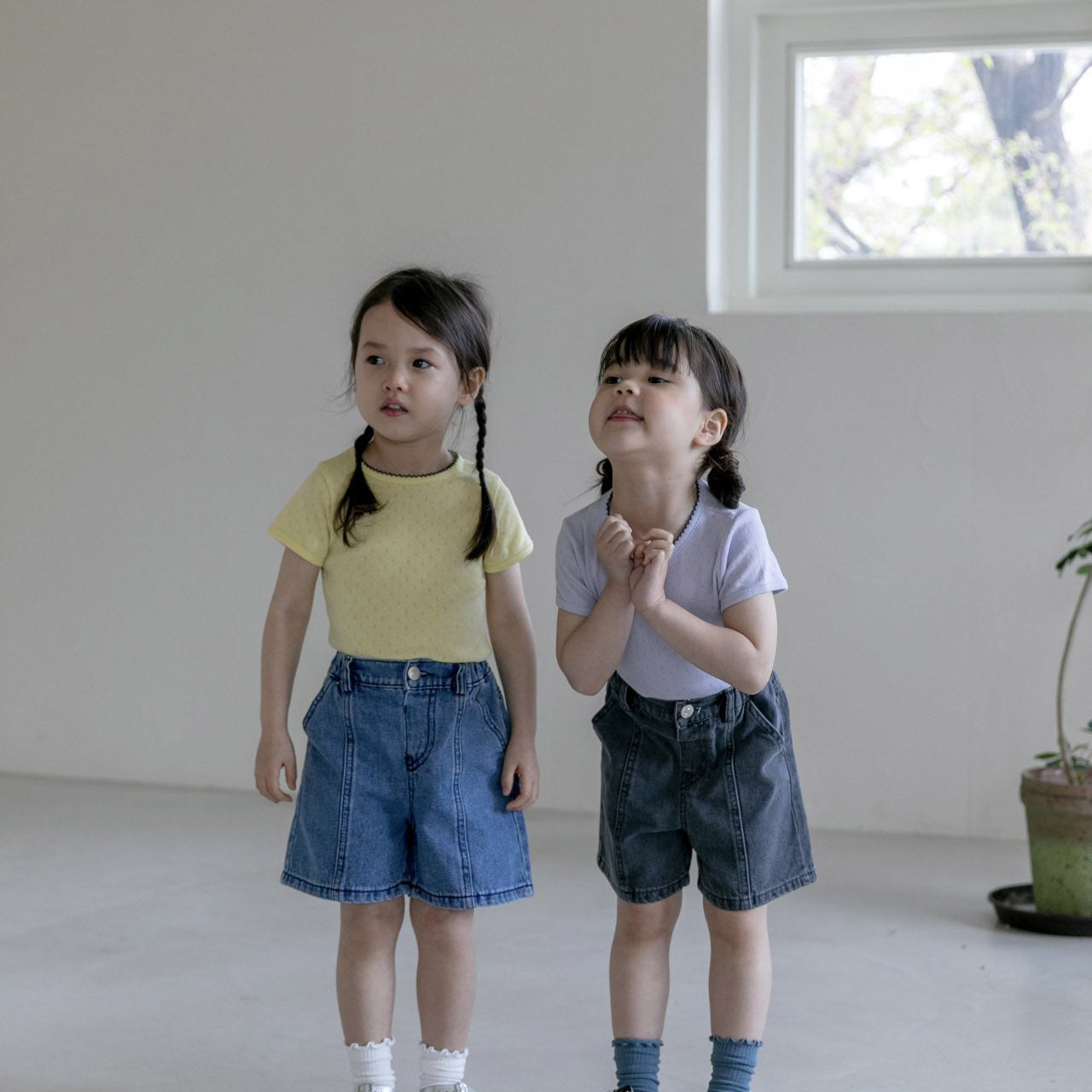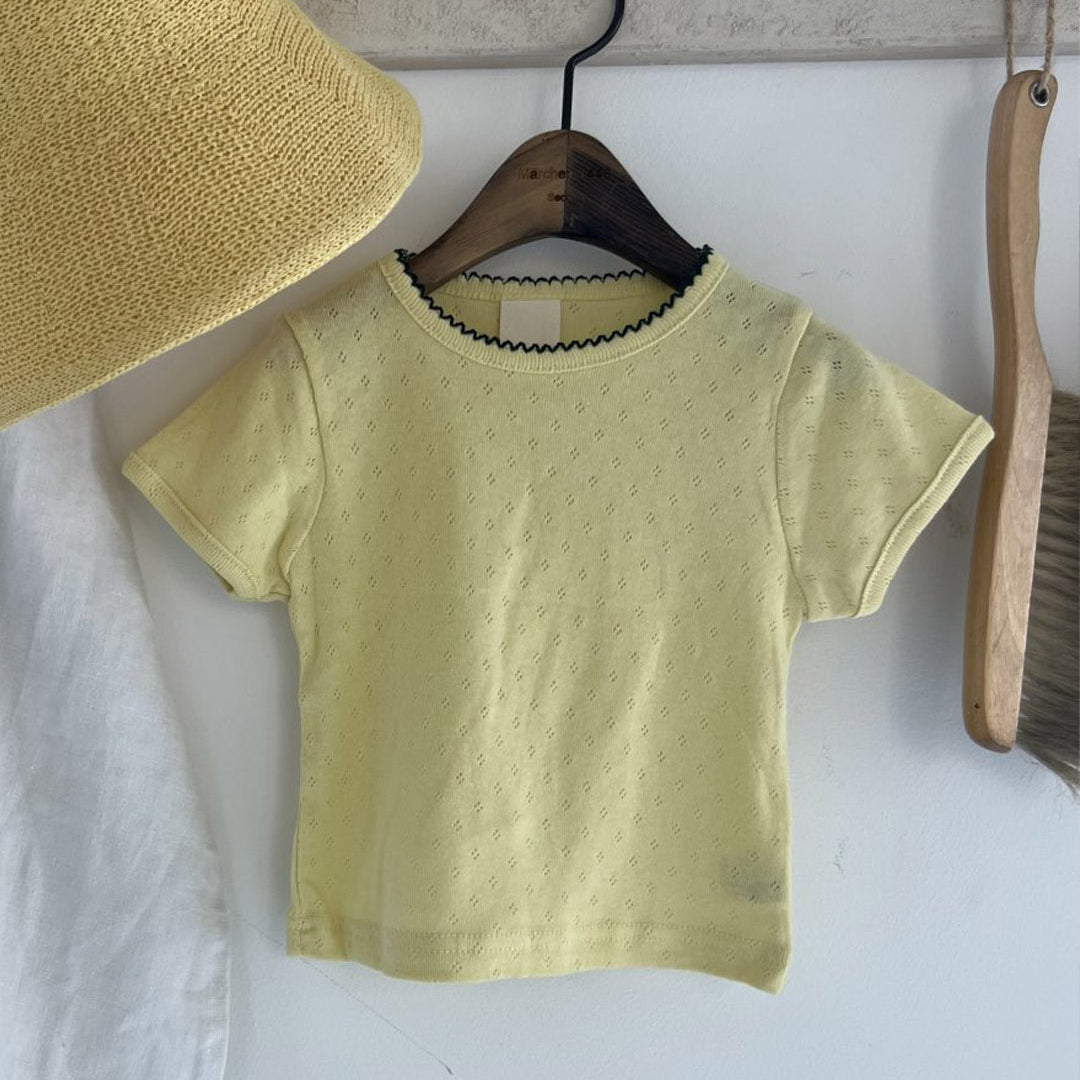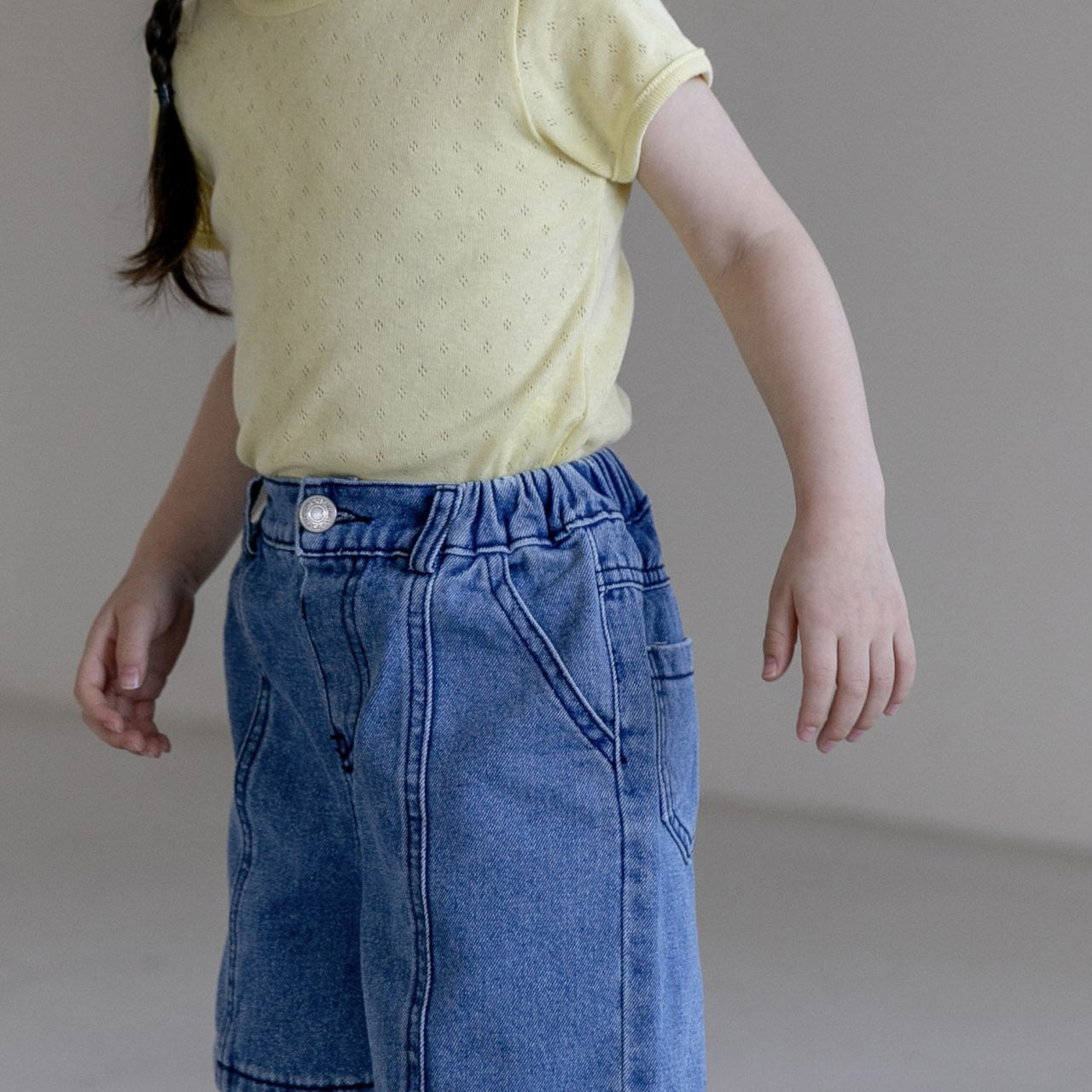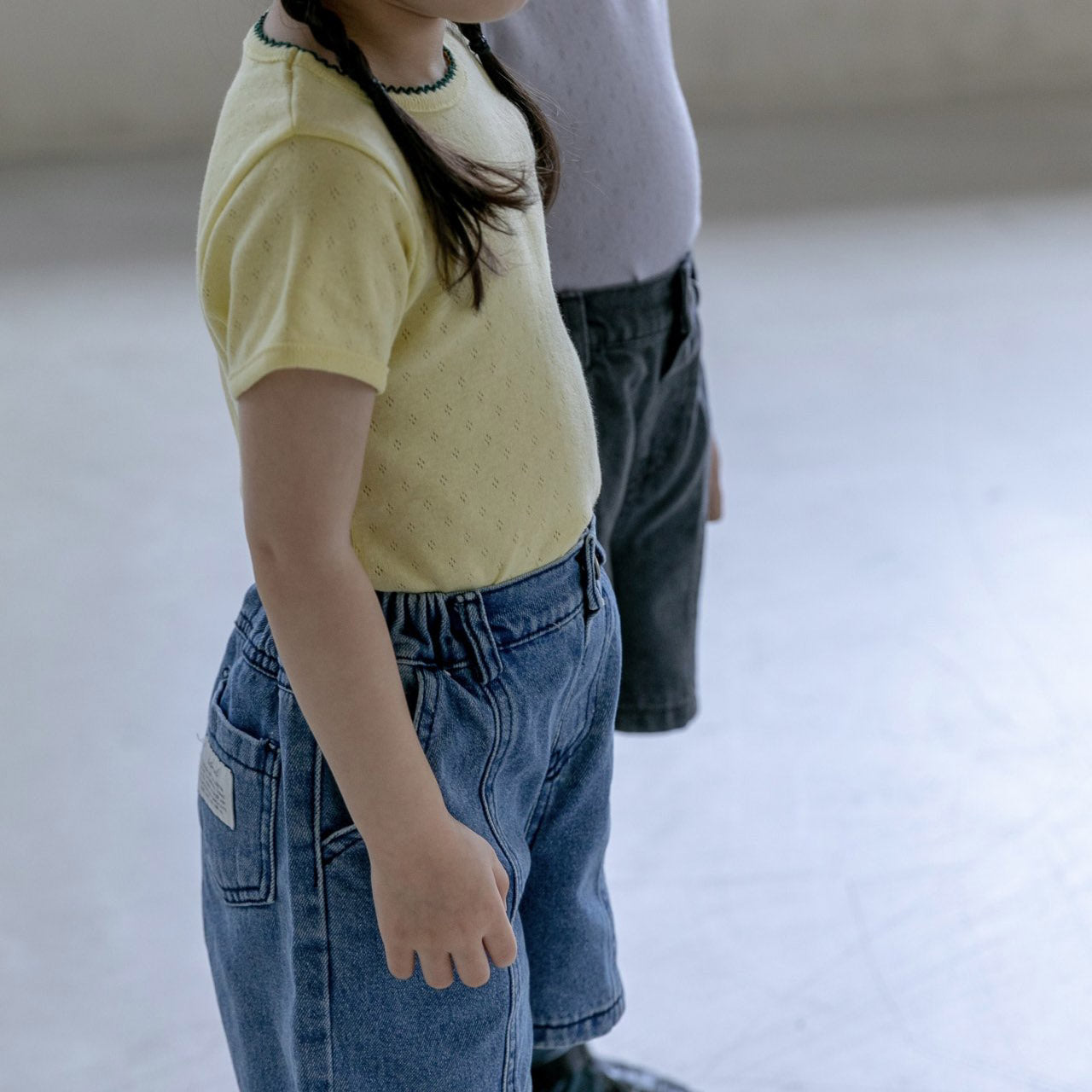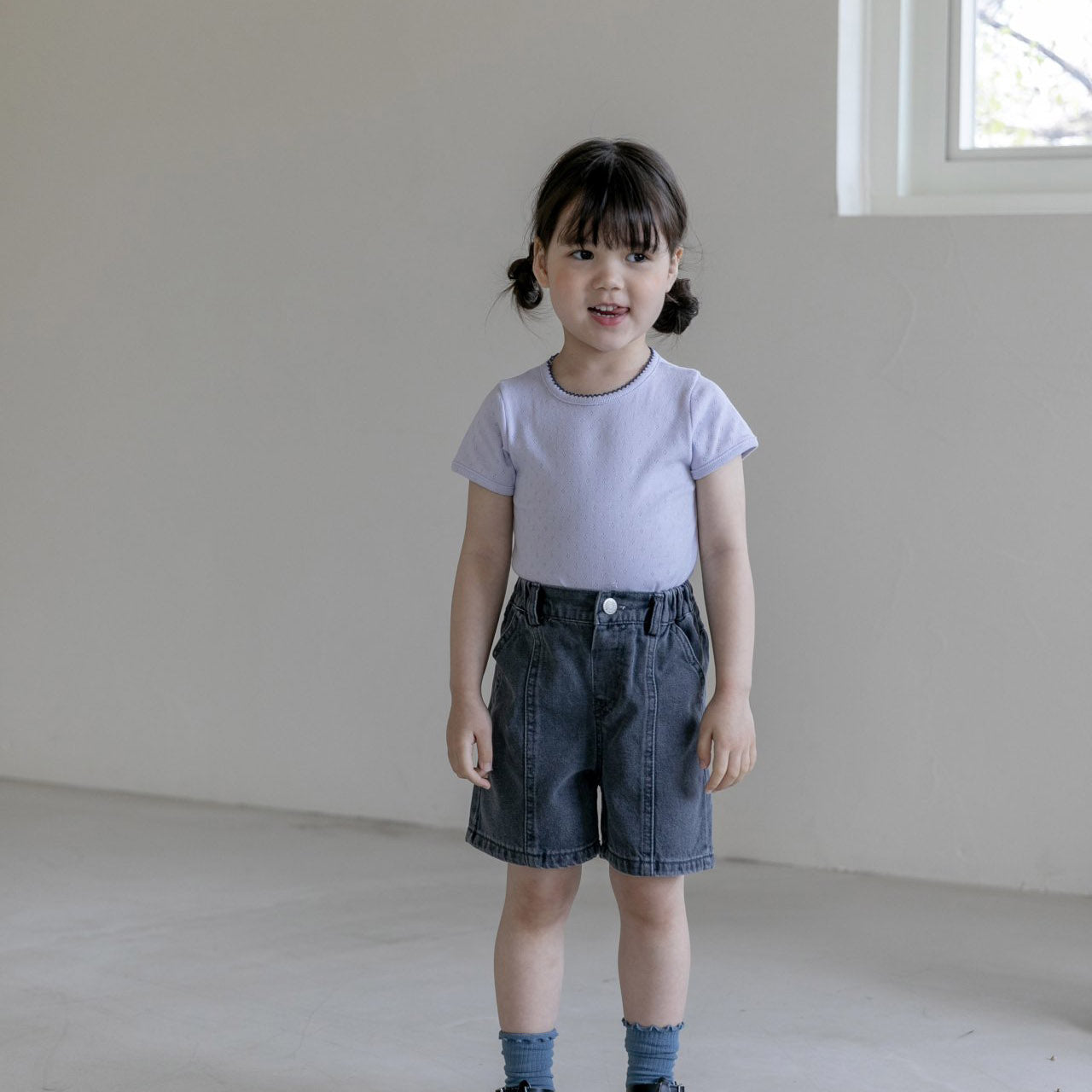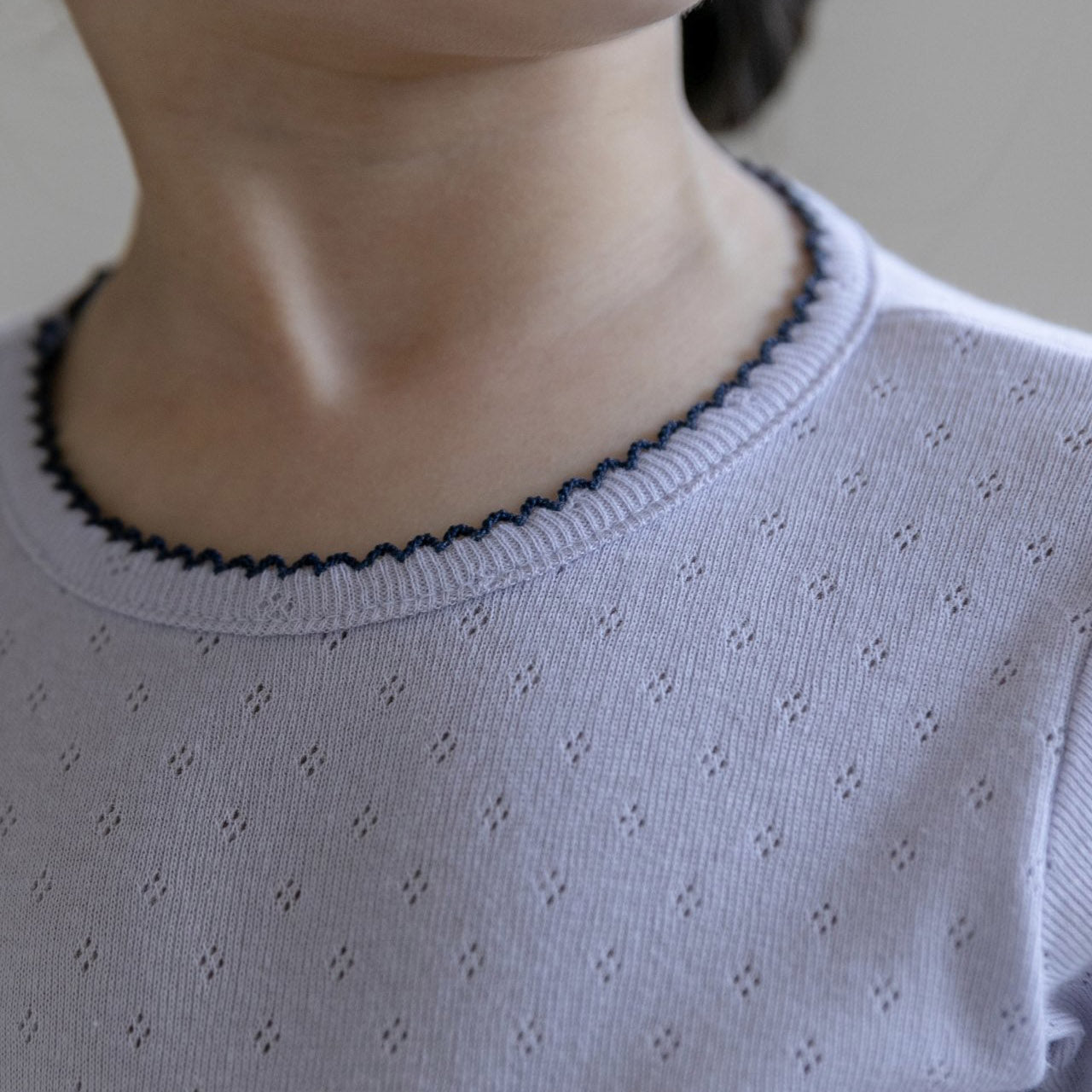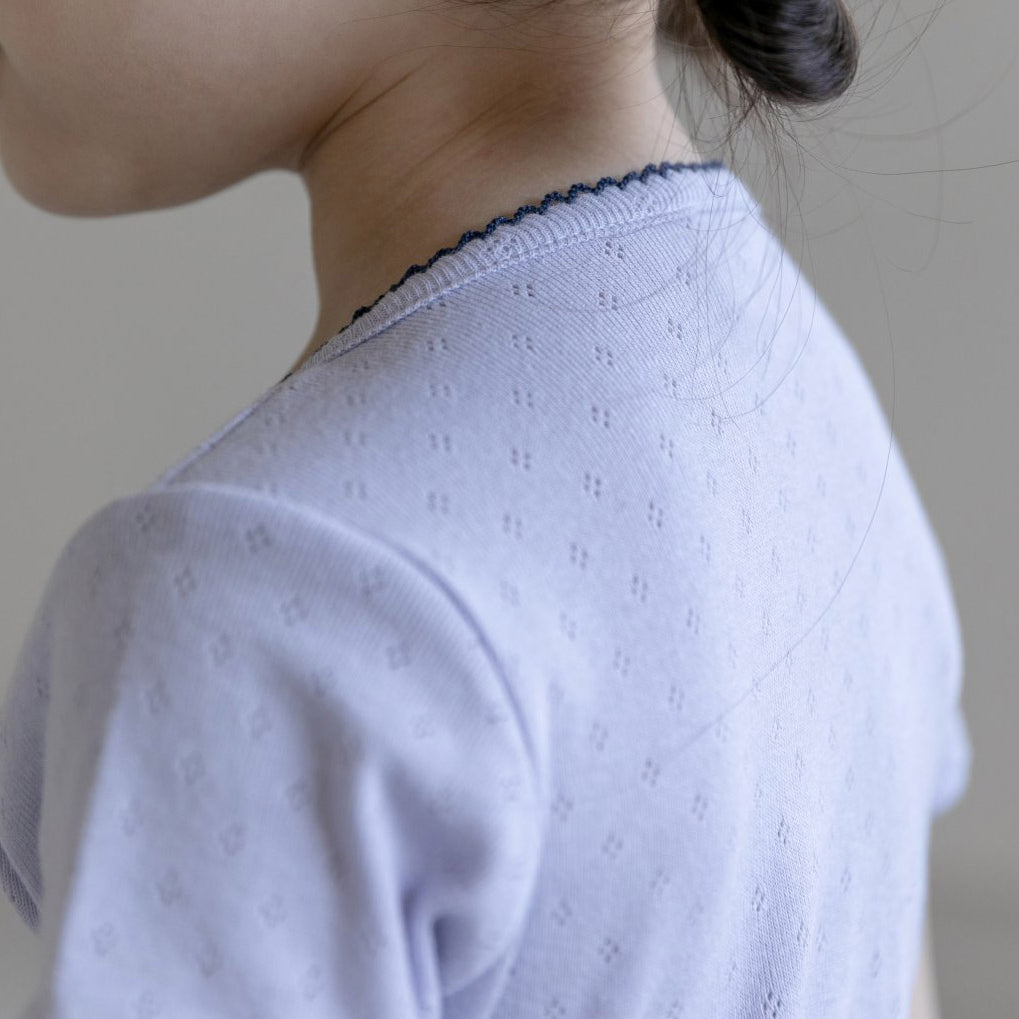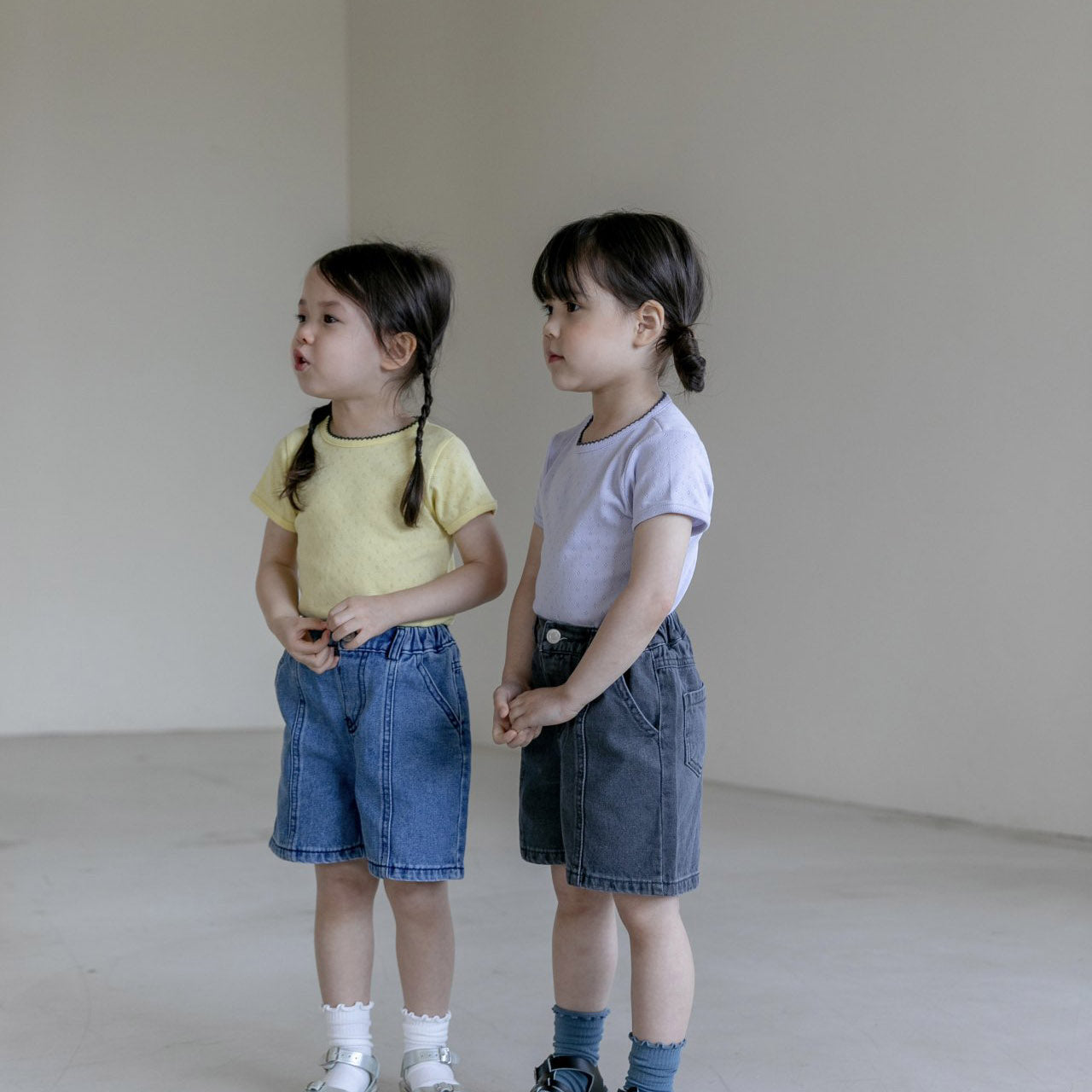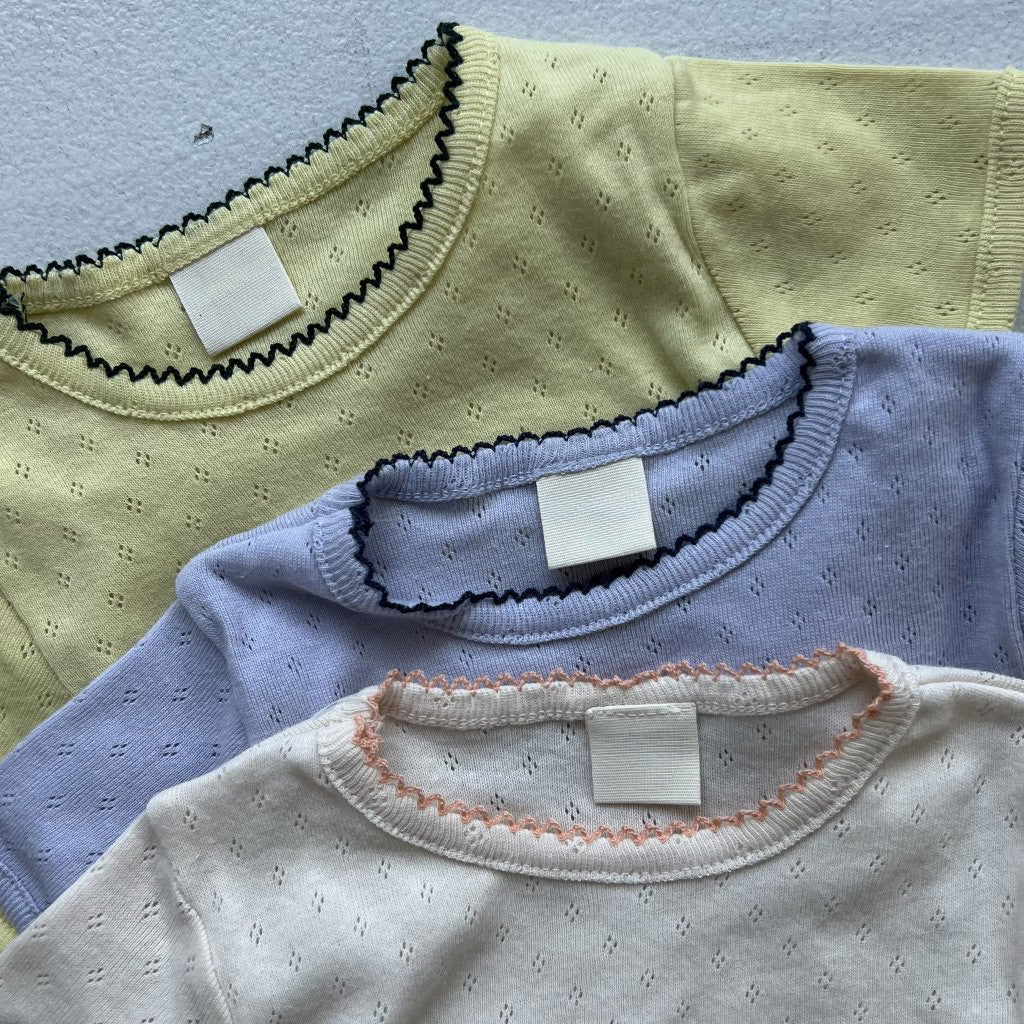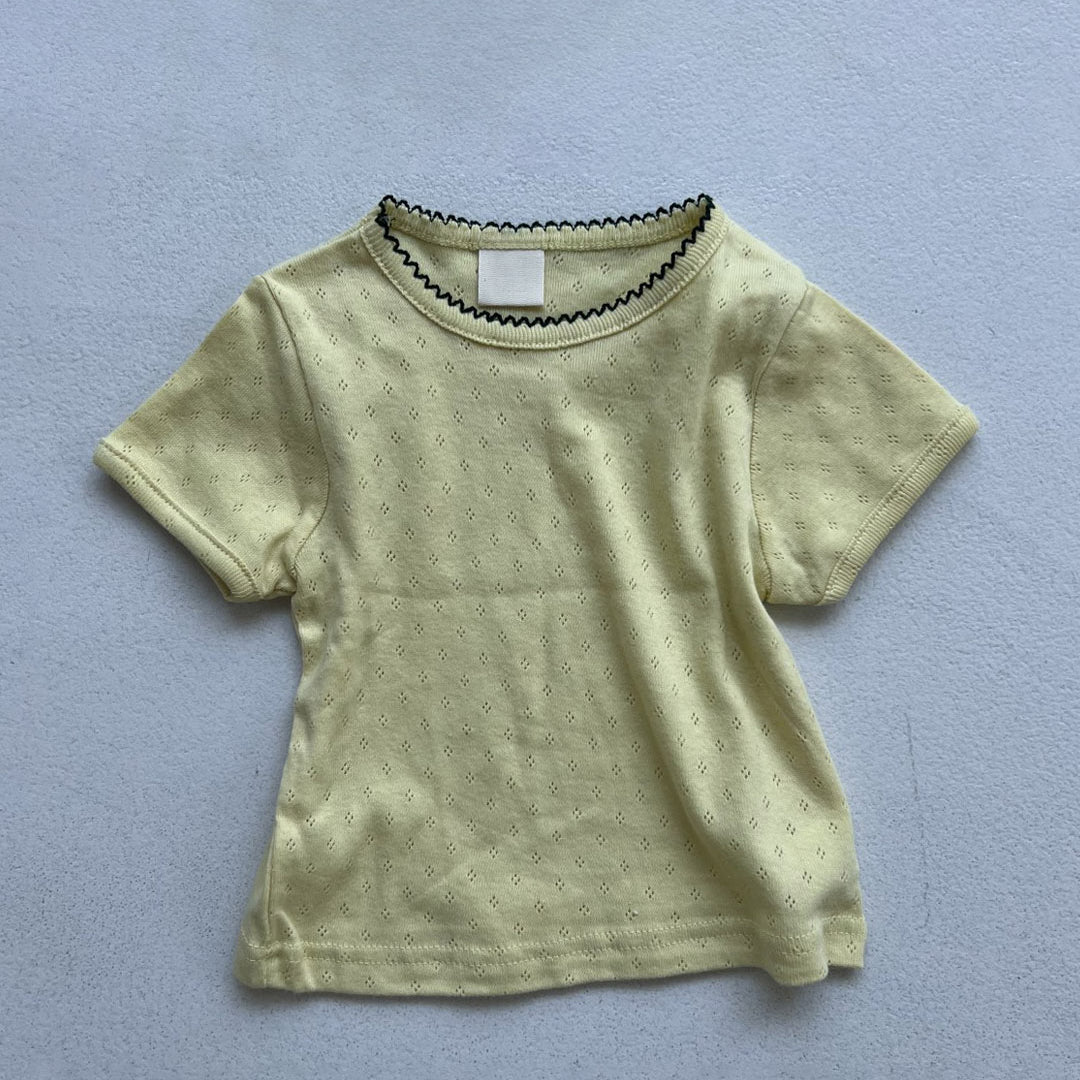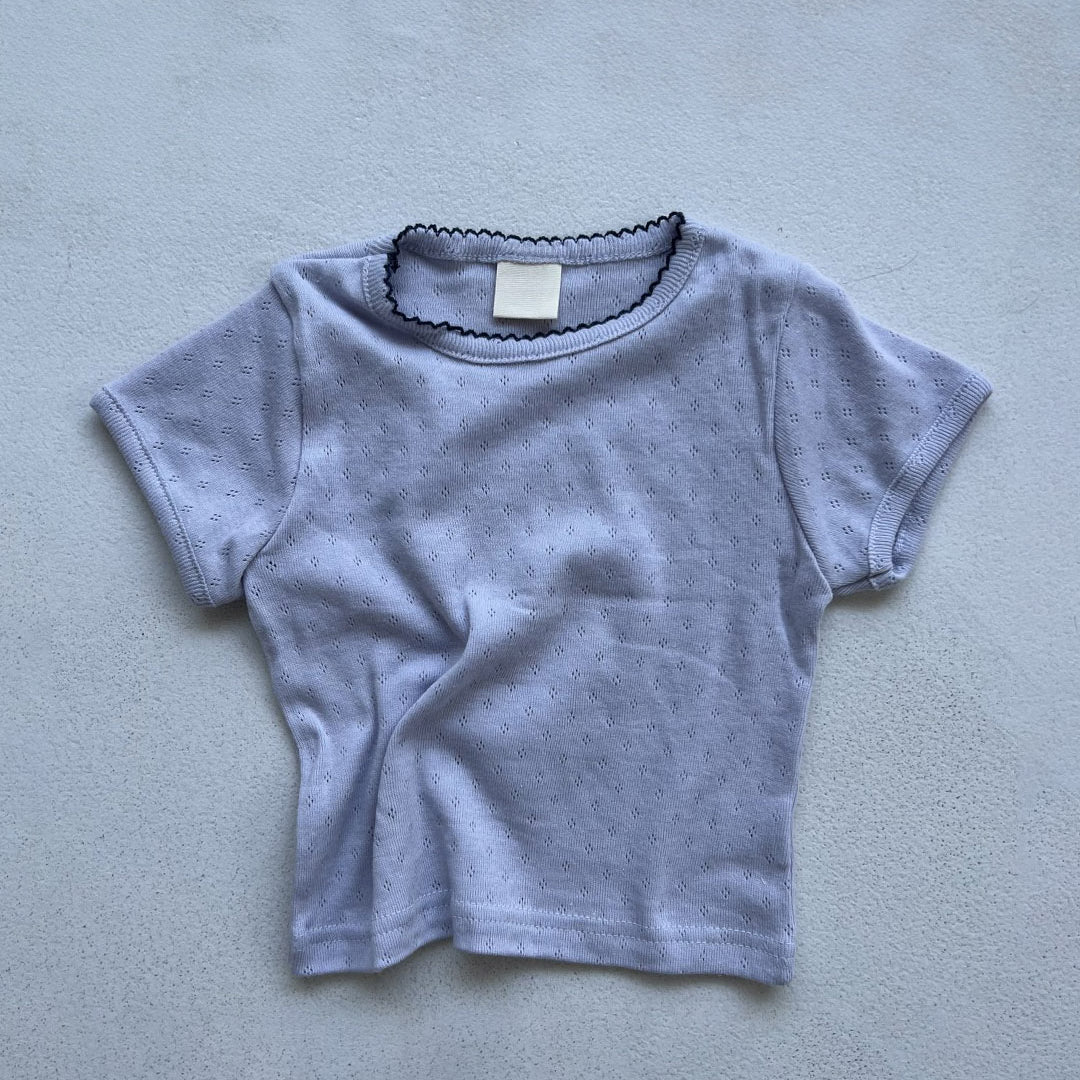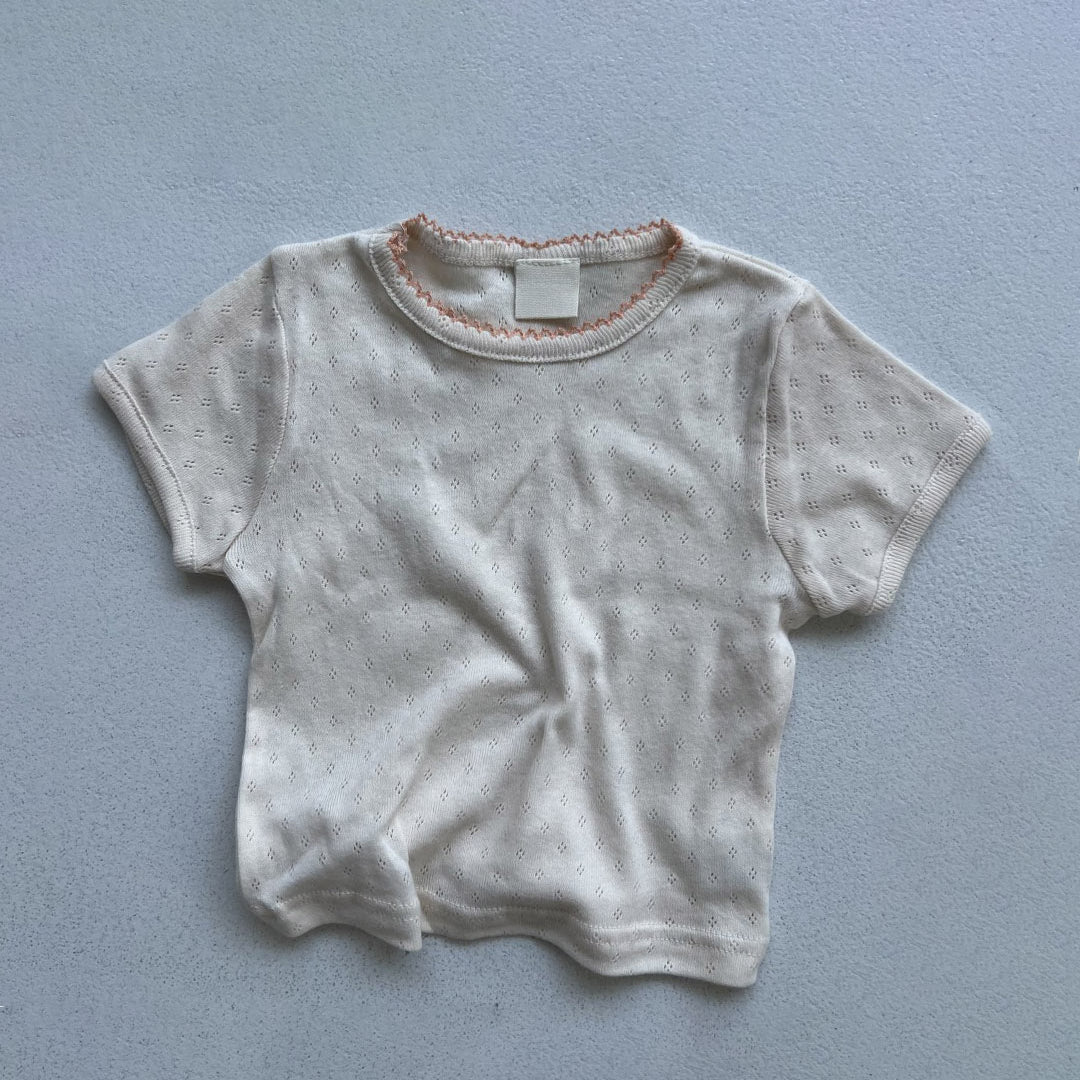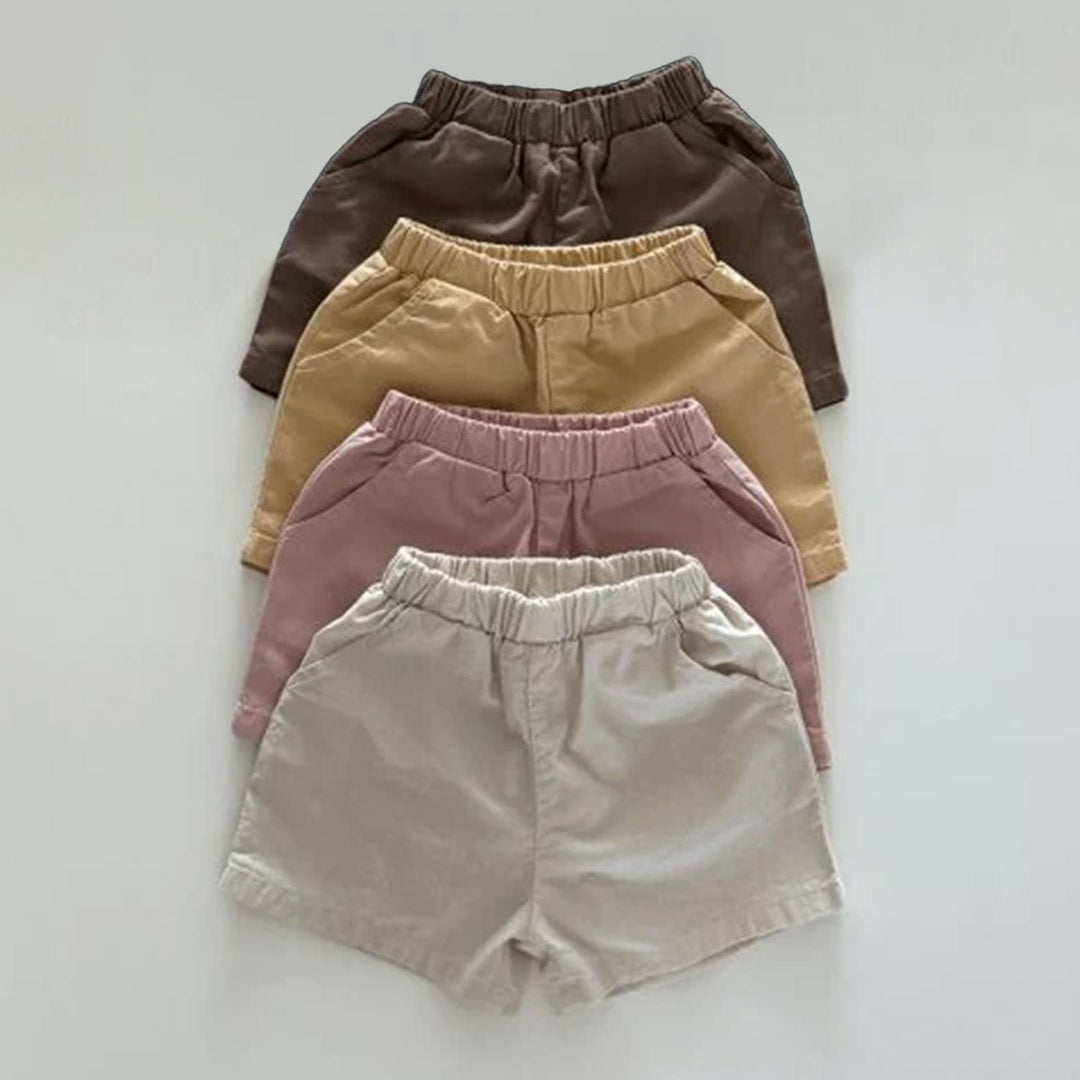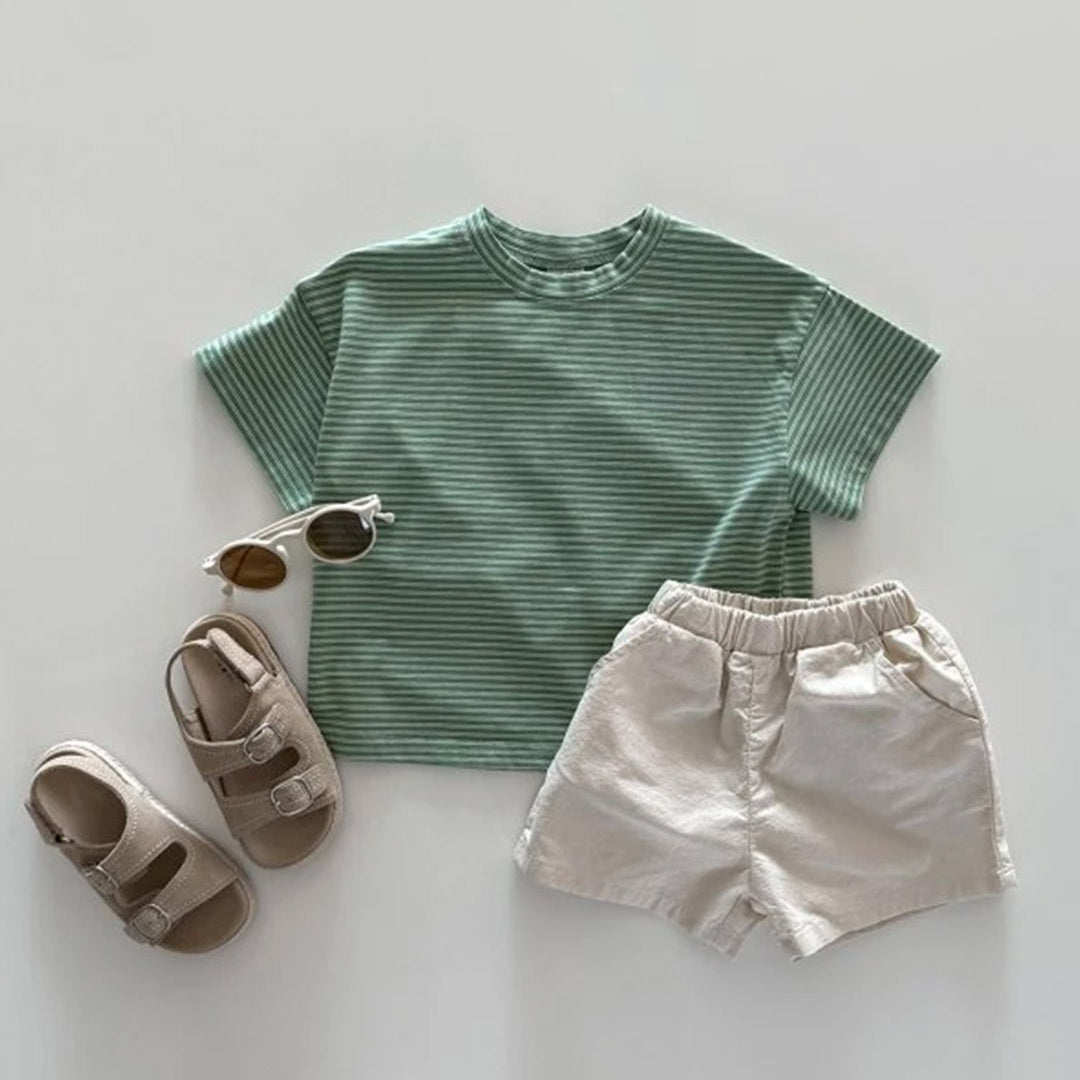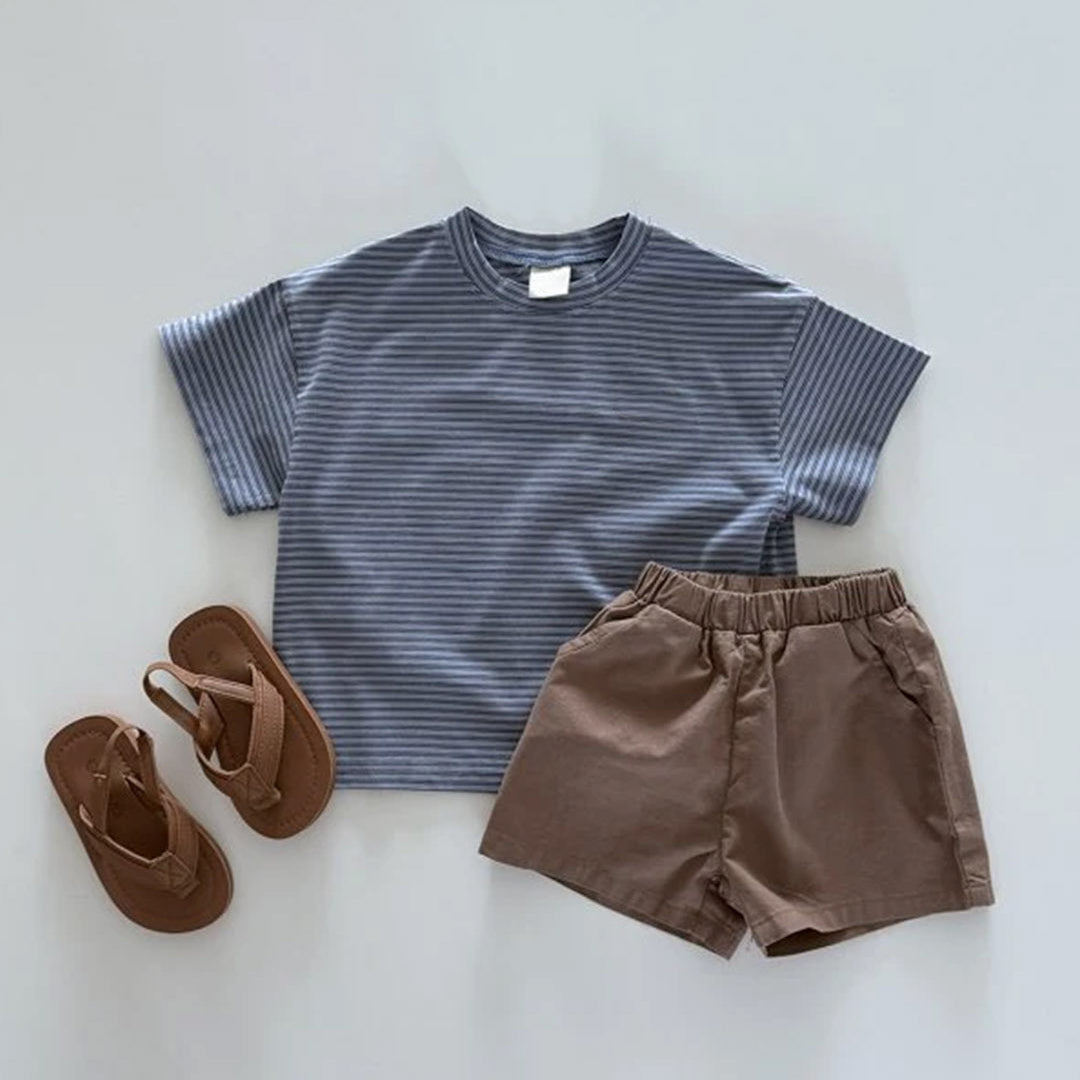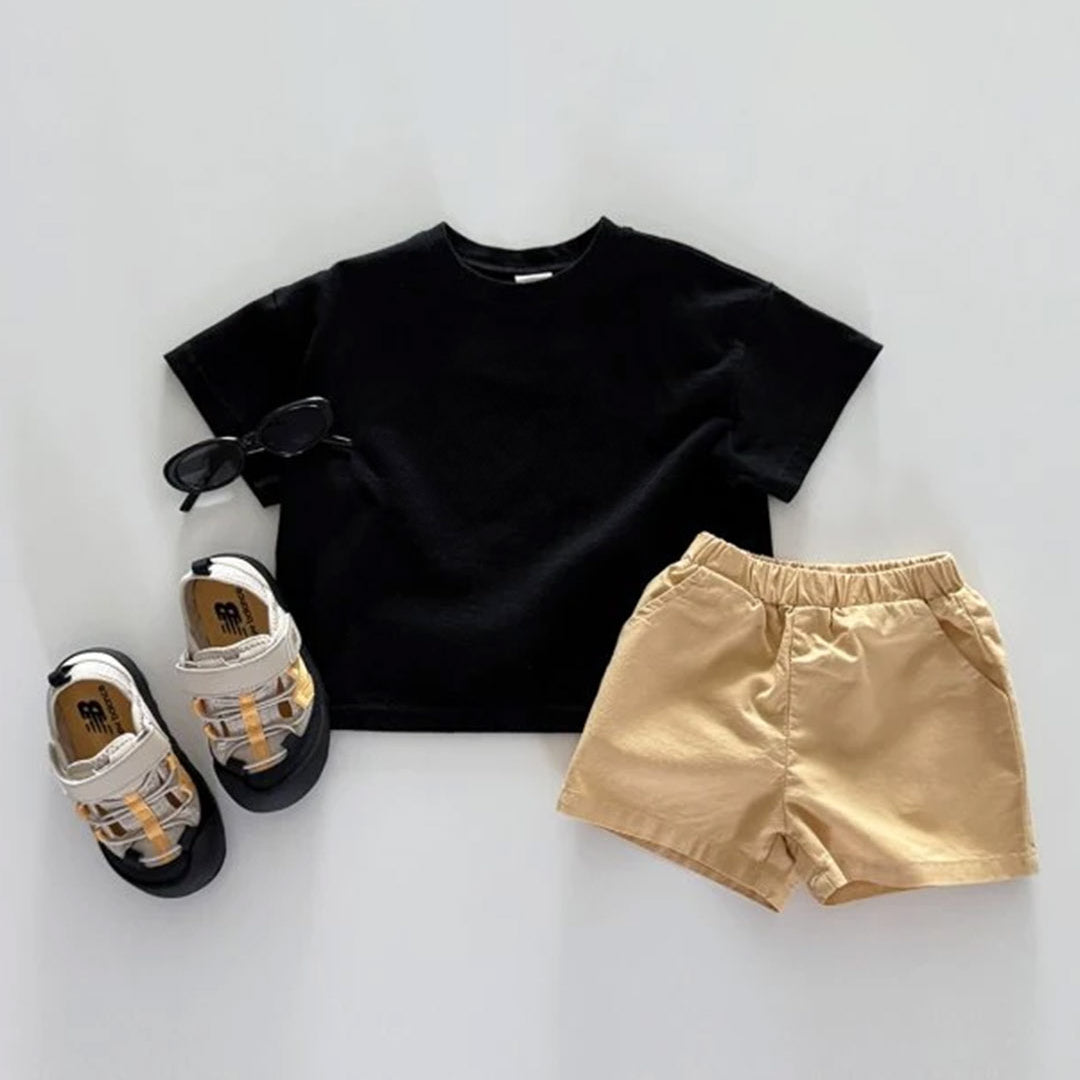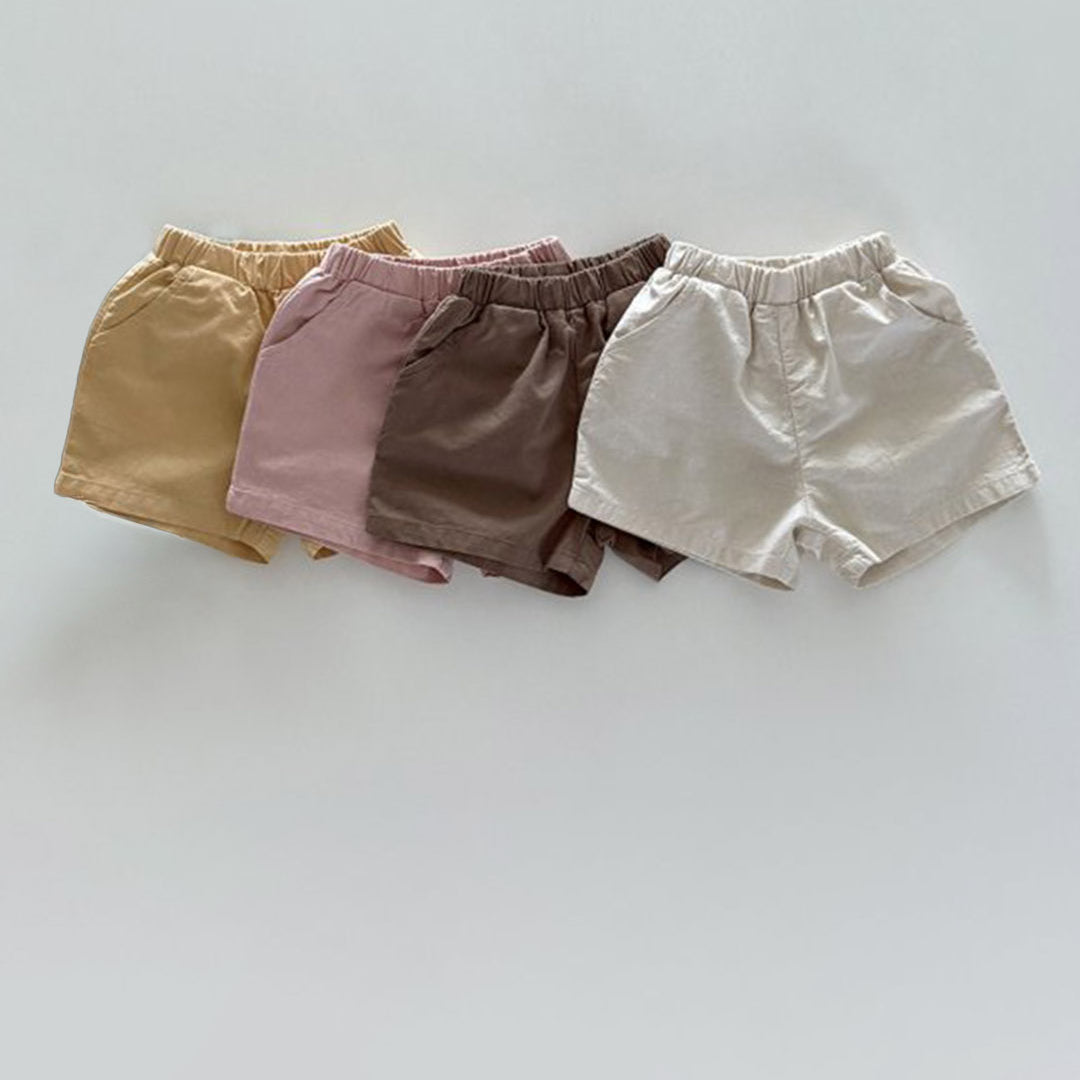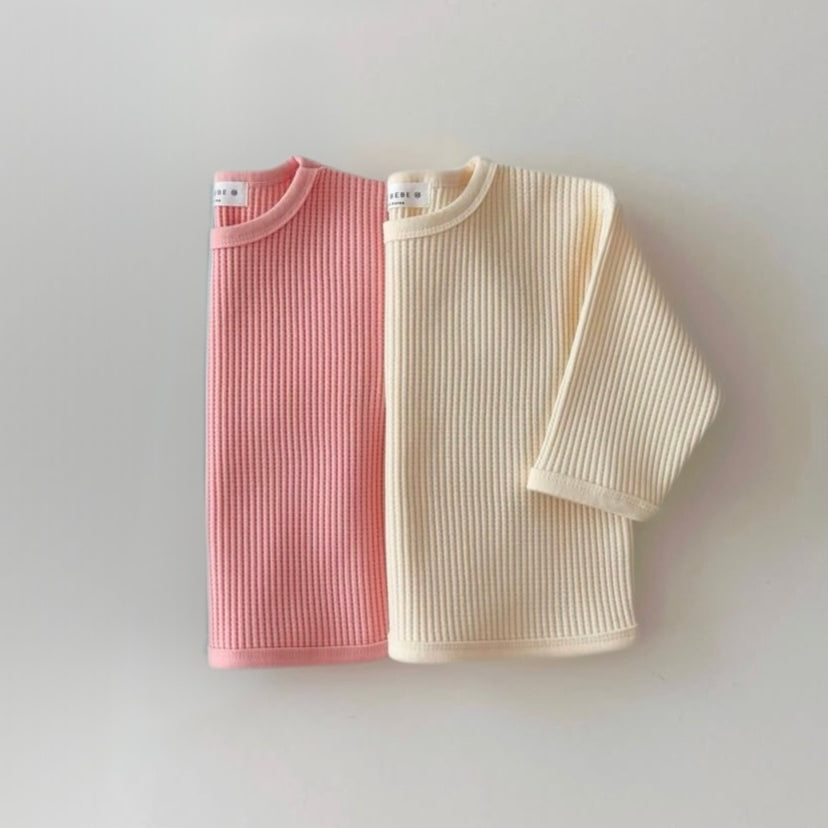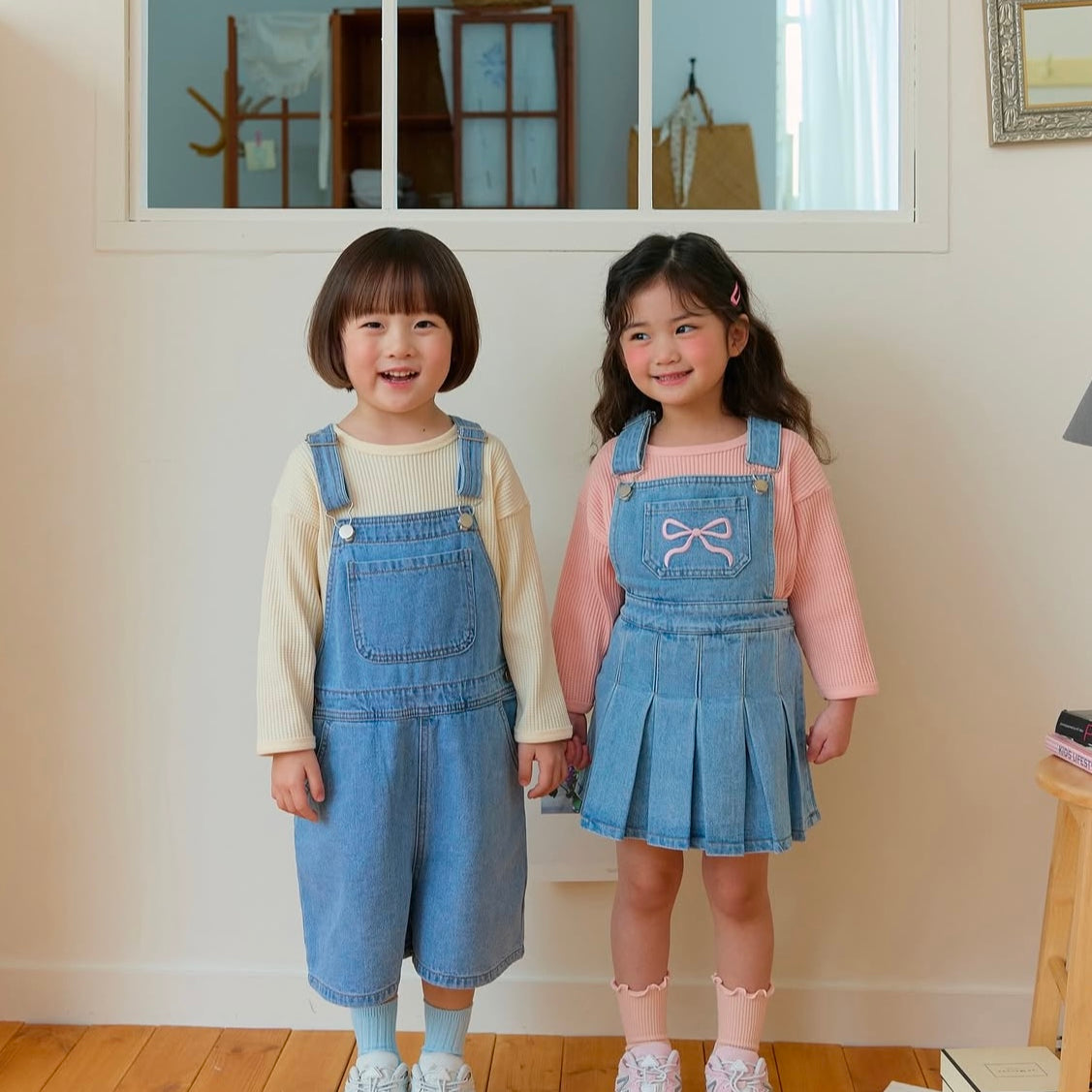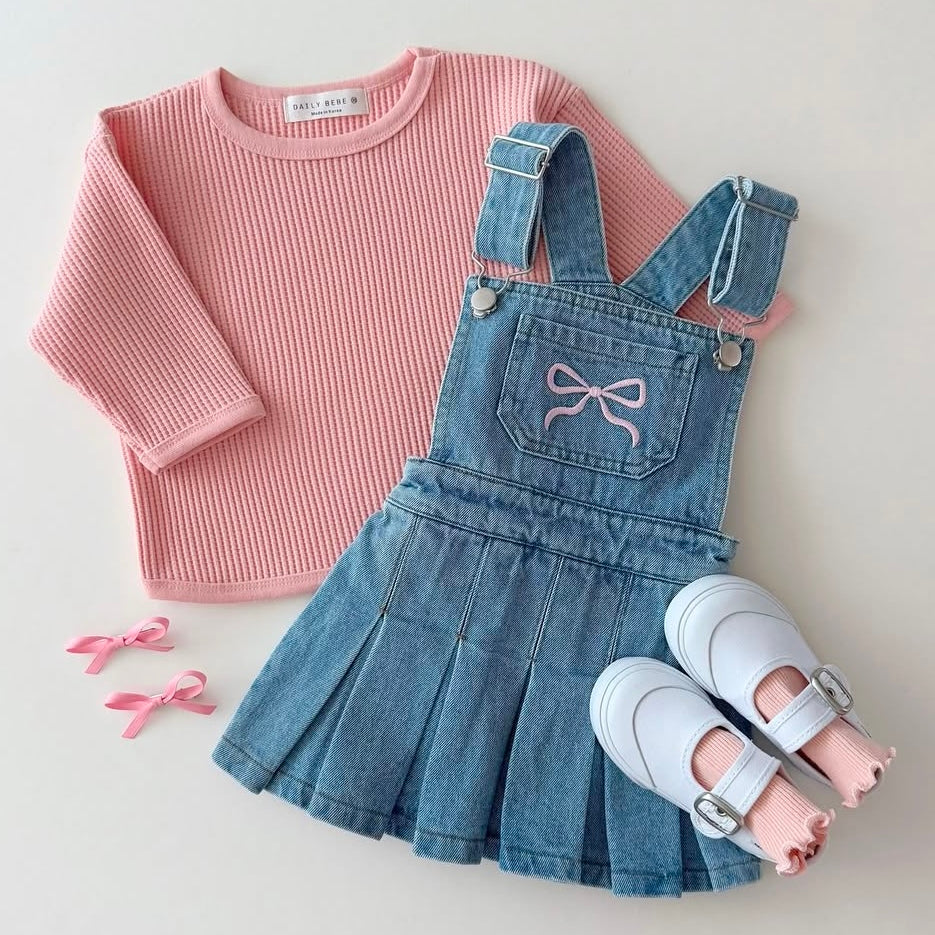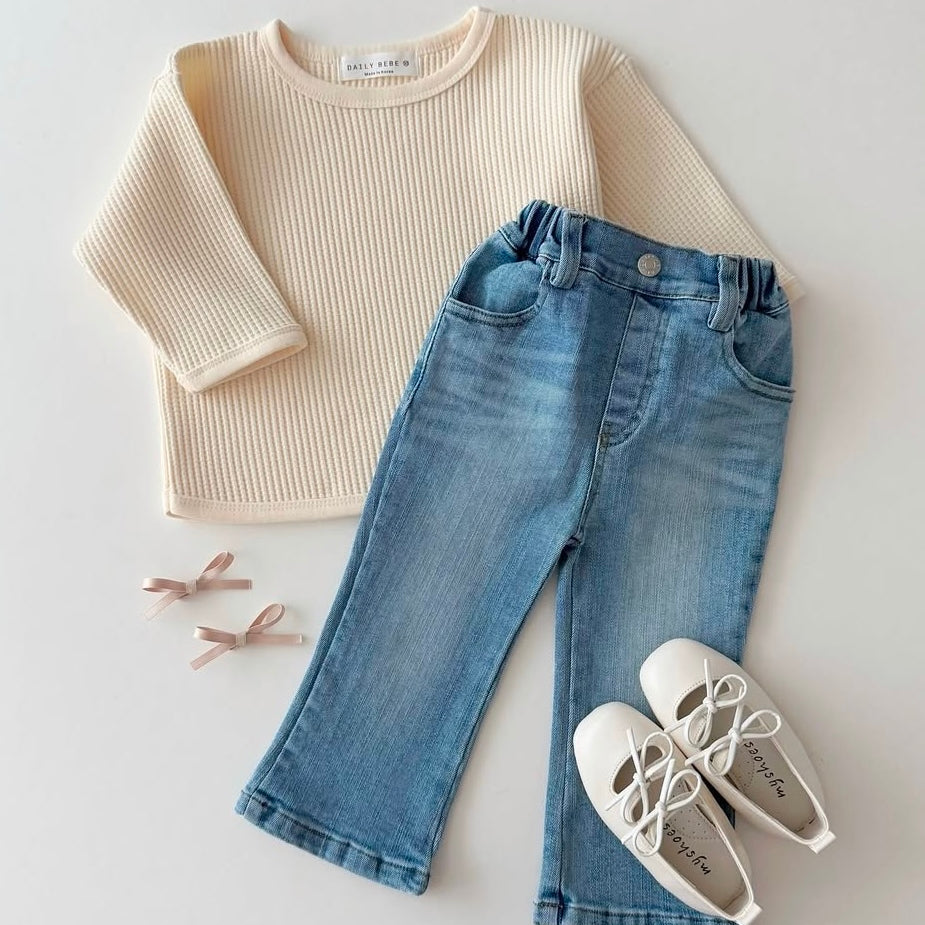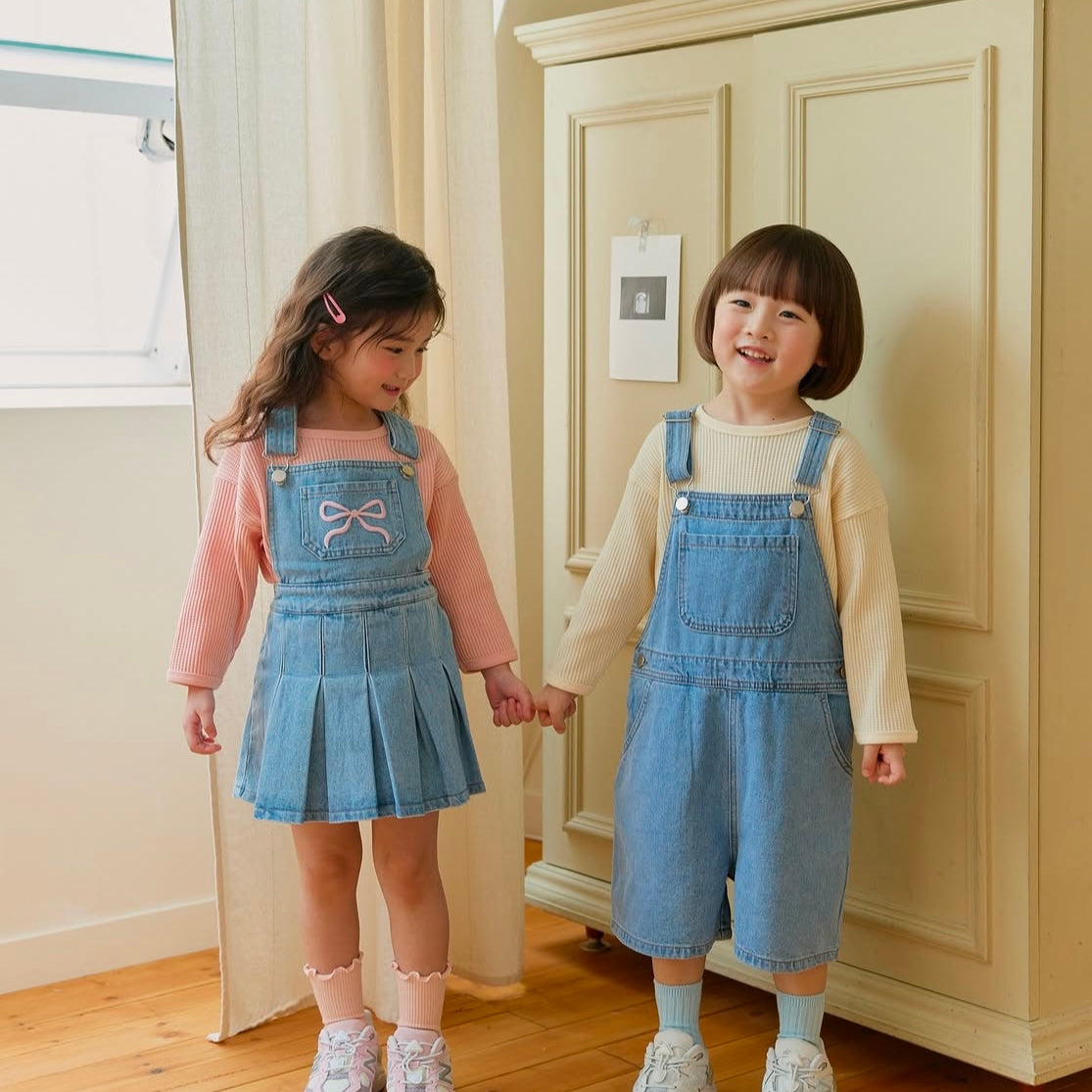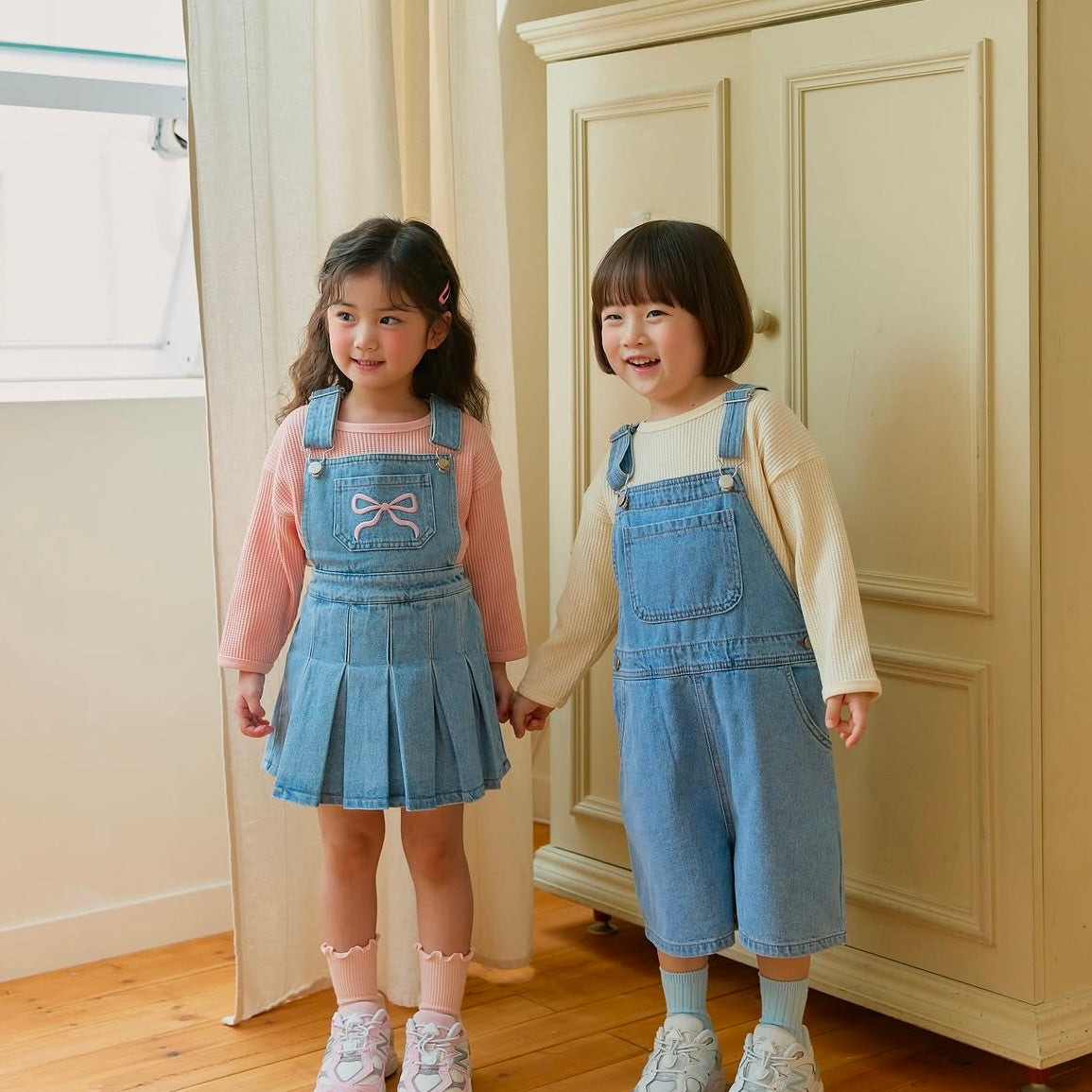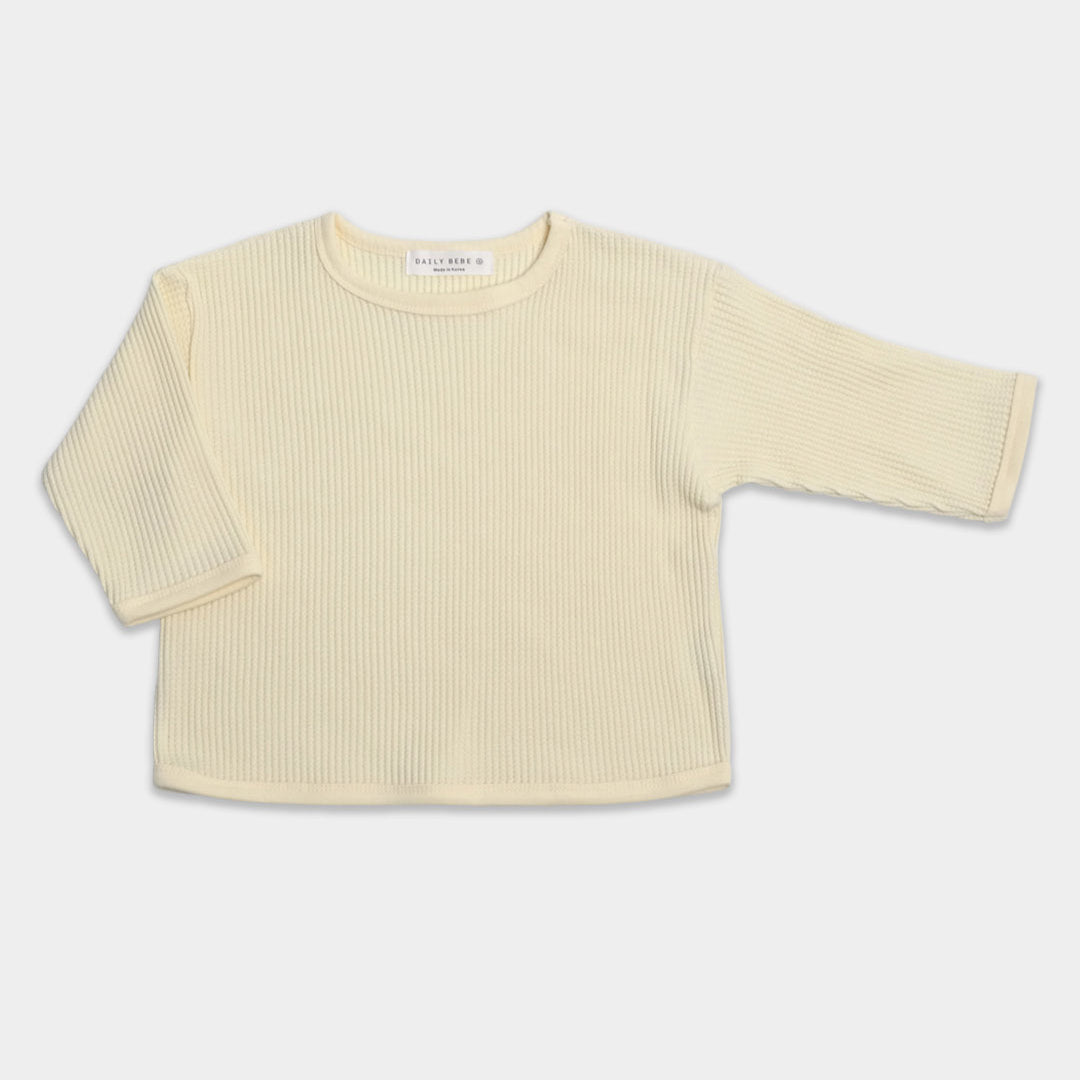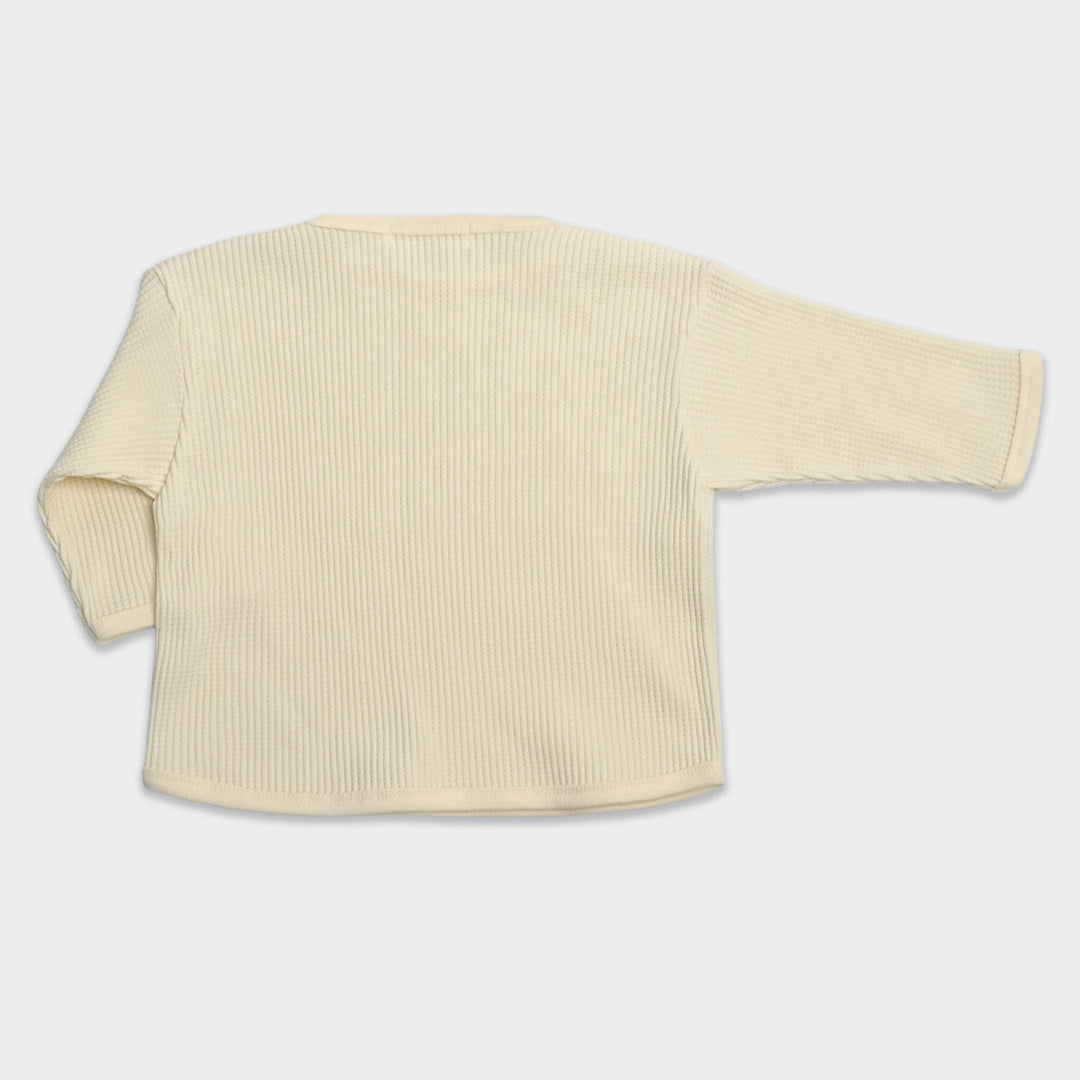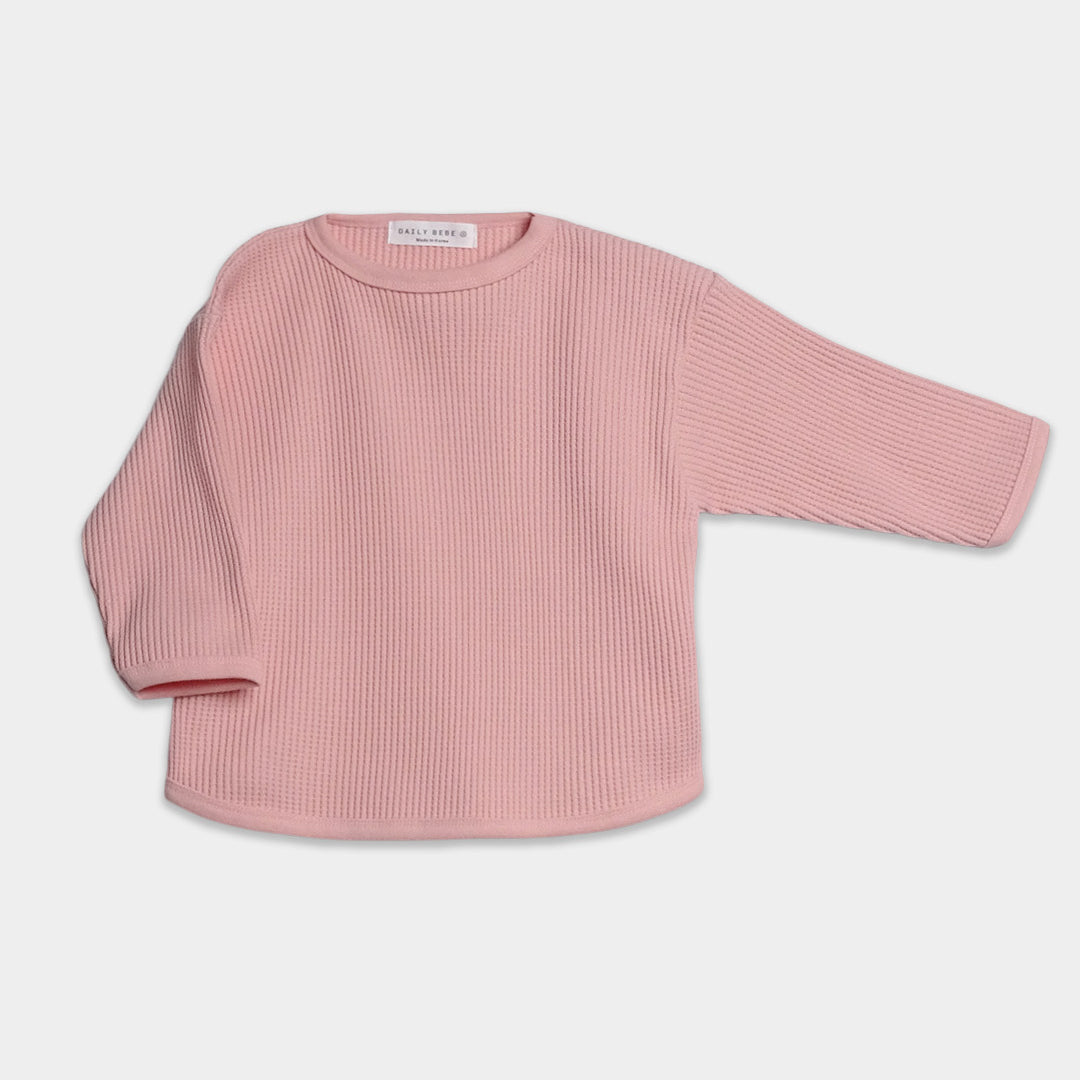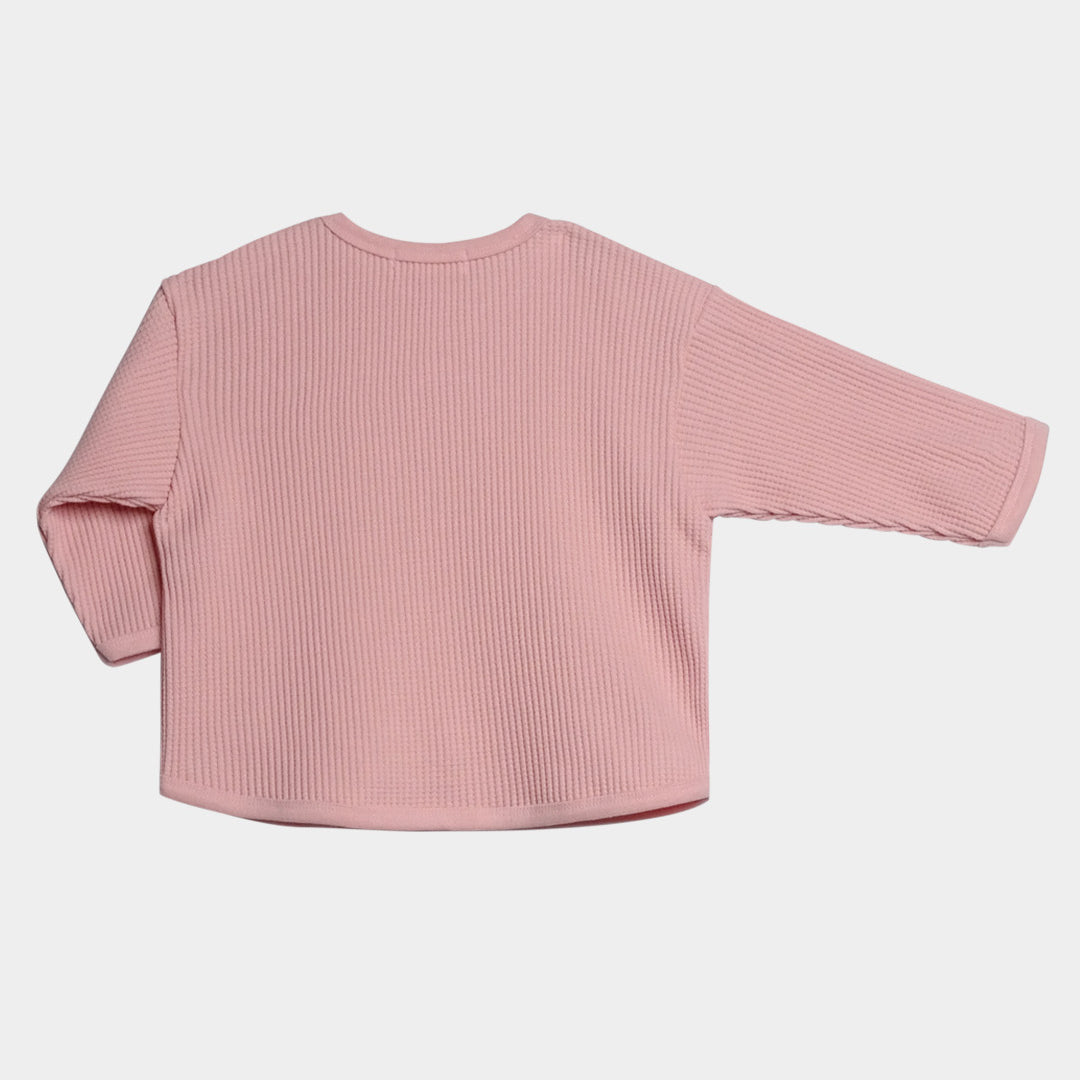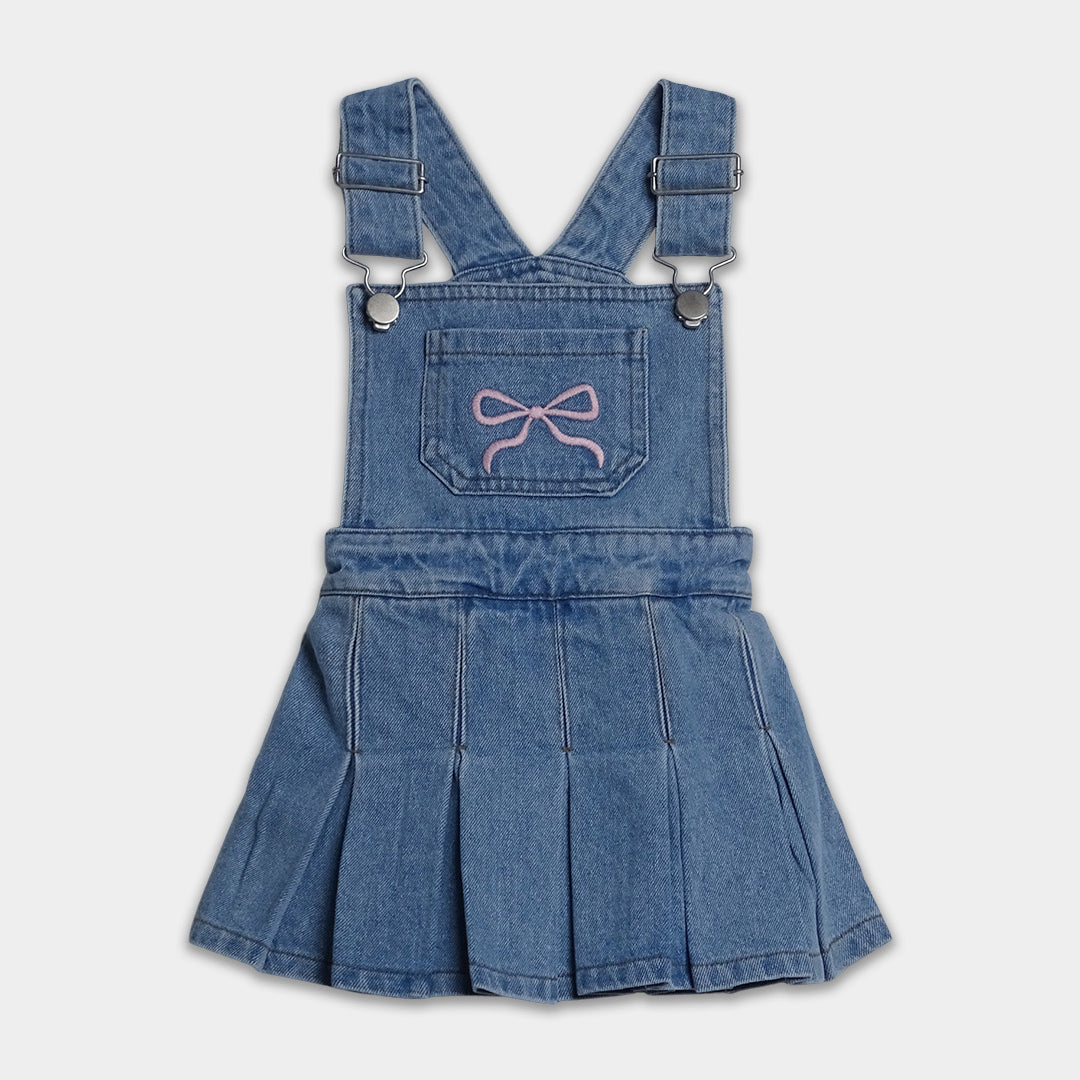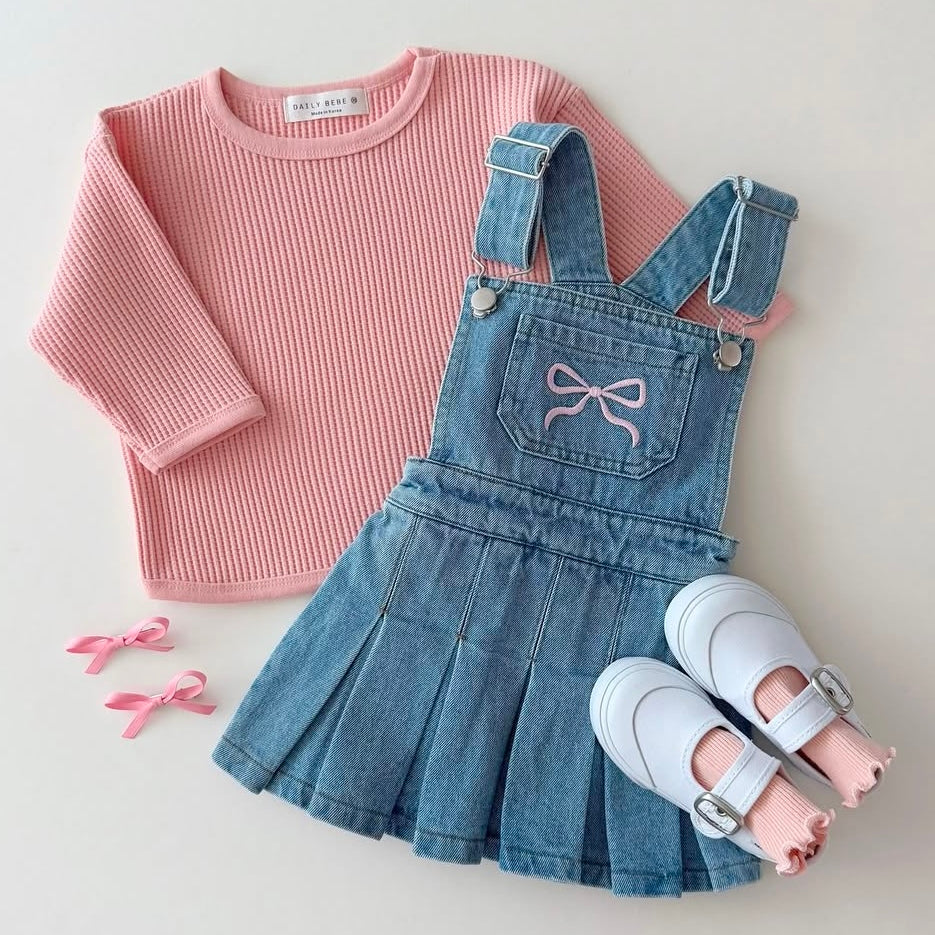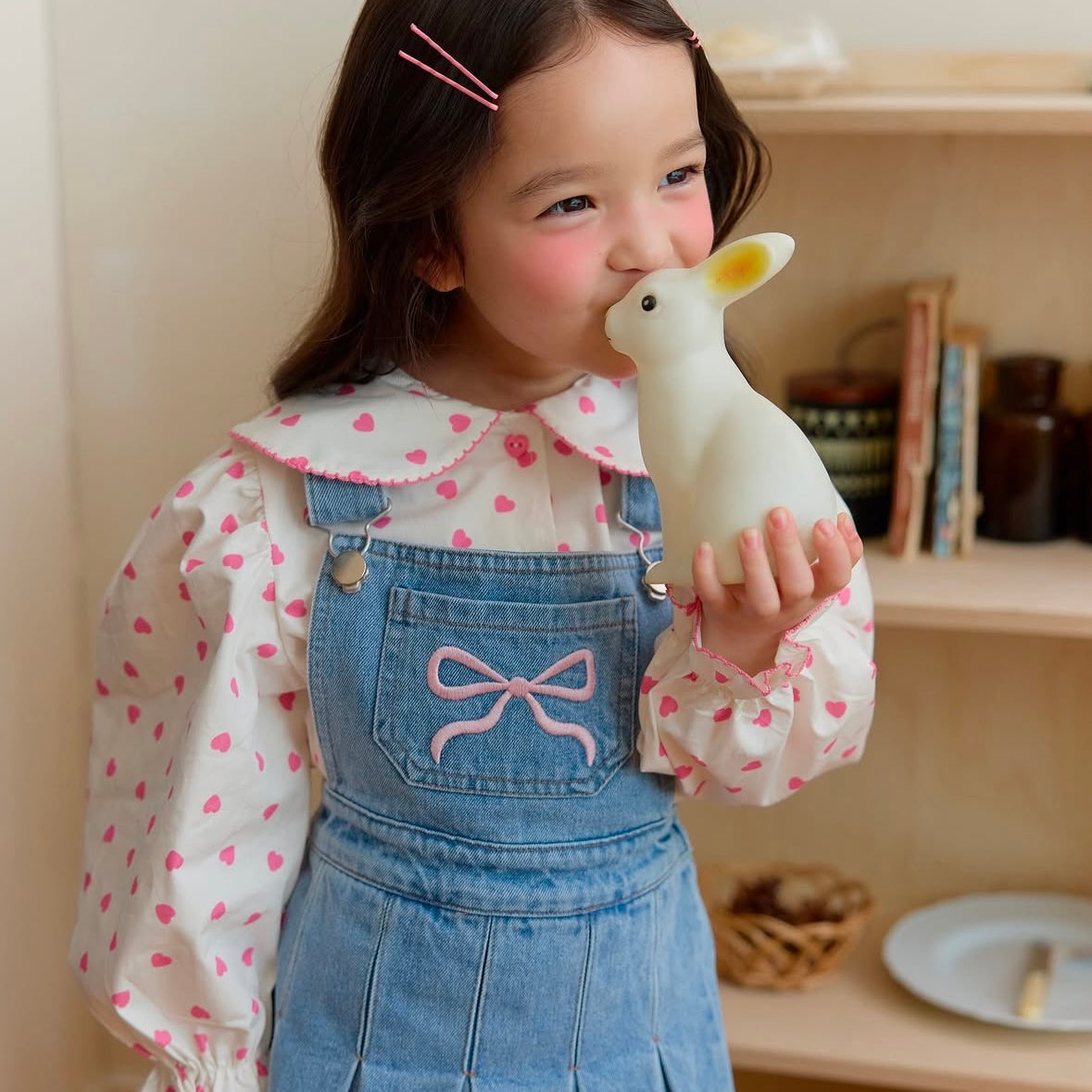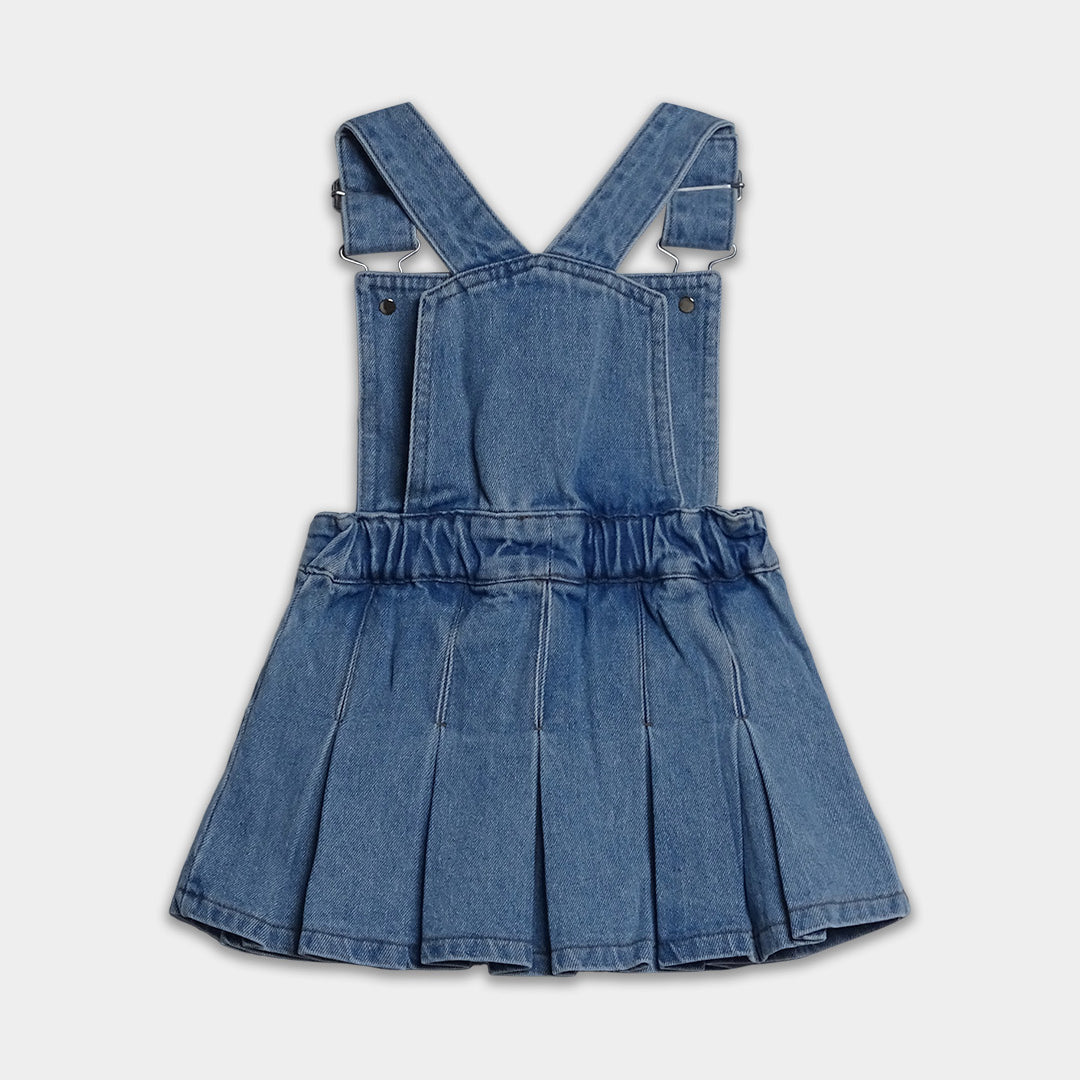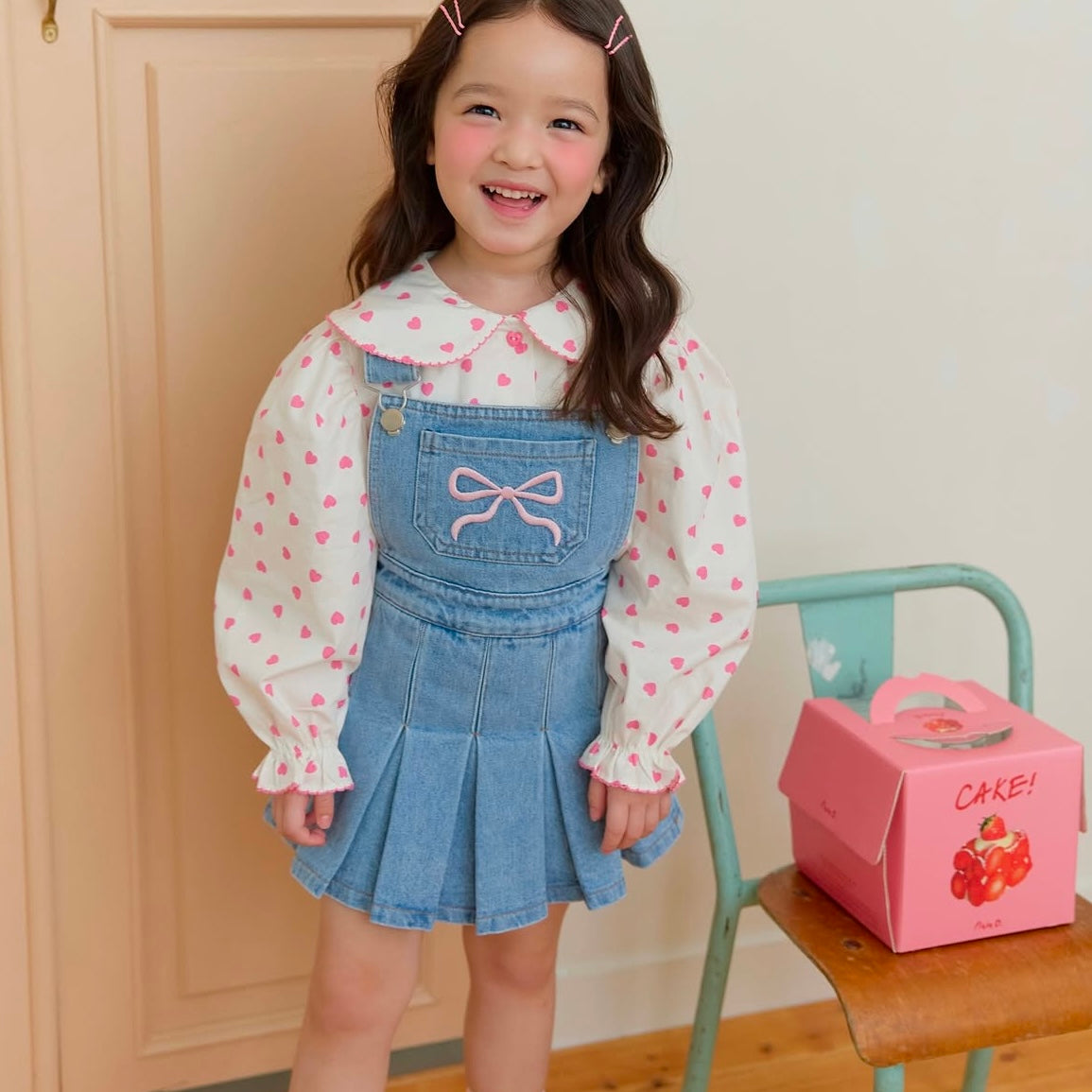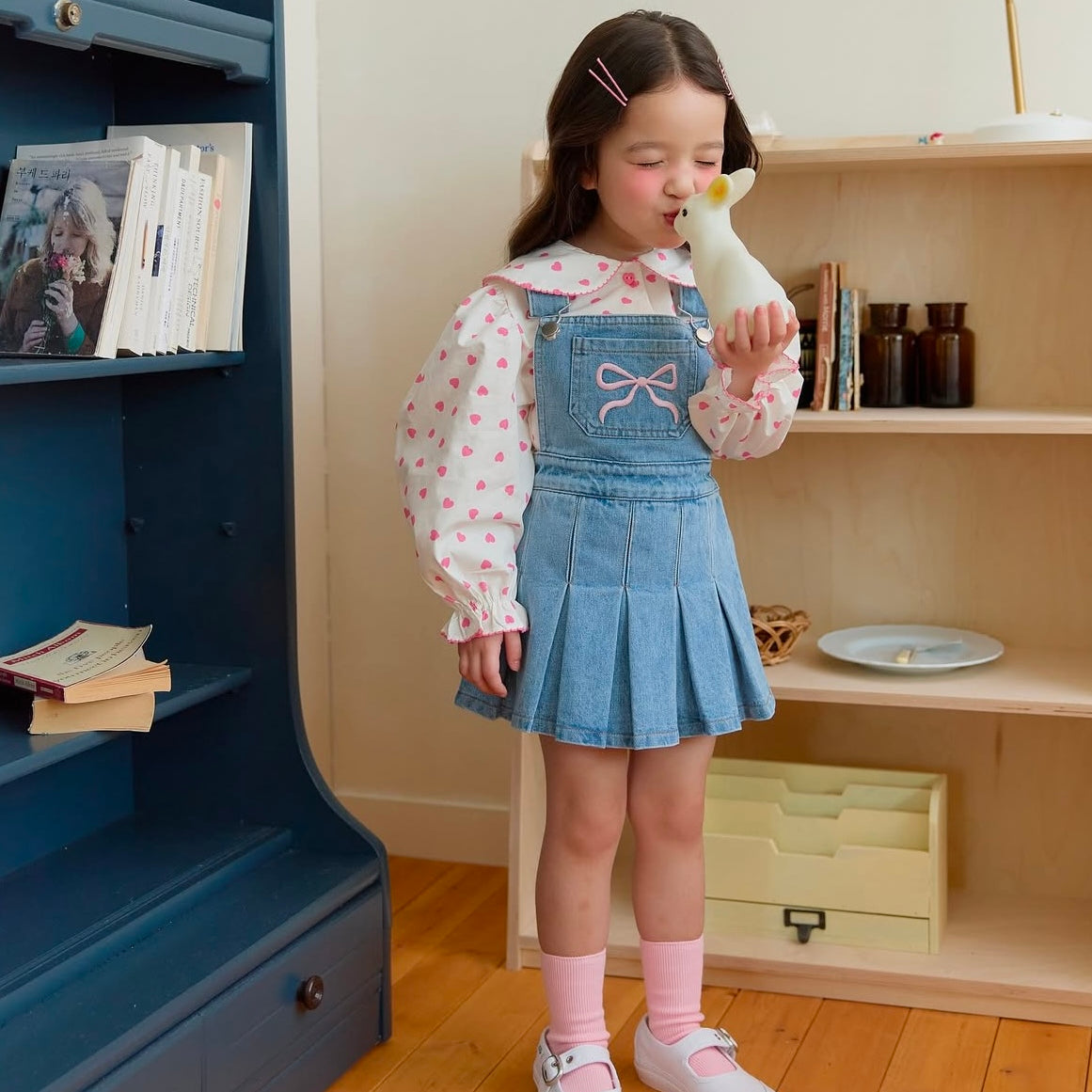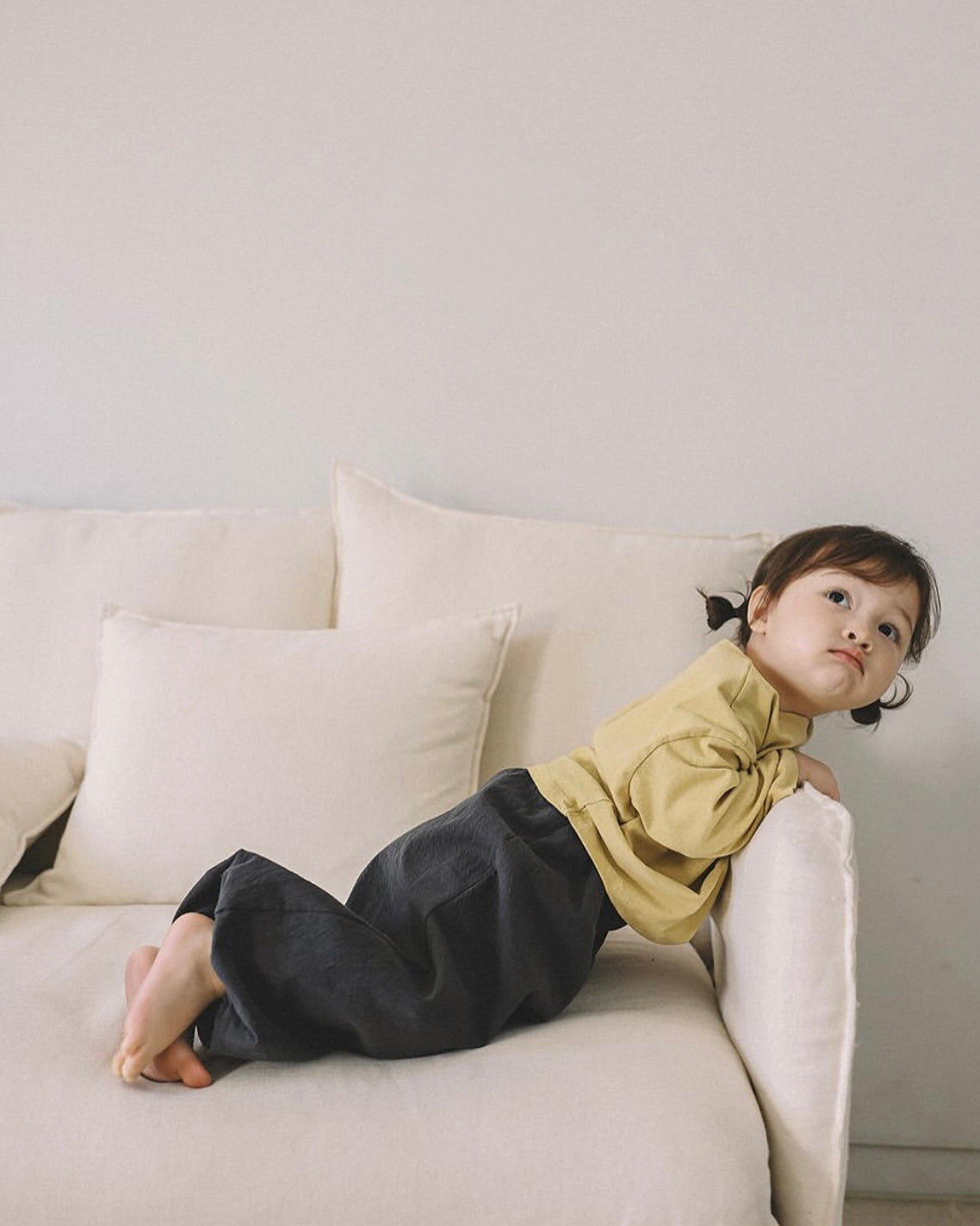I'm sure you've already noticed the KCC CERTIFIED mark across ALL of our products (if by some miracle you haven't seen it, it's under the Product Details tab). And I'm sure at some point you've might have wondered: What is that? and why does it even matter?
Well, for our parents that are not familiar with the KCC certification/KC certification (written both ways), I am here to give you the ultimate breakdown of what it is, and why it matters.
So, What is KCC Certification?

KC Certification (Korea Certification) is a mandatory conformity assessment system in South Korea. Introduced in 2009 and enforced from 2011, it was established by the Korean Agency for Technology and Standards (KATS) to integrate and standardize over 140 different product safety certifications under one unified mark.
The KC mark ensures that products meet Korean safety, health, and environmental standards. It applies to a broad range of consumer goods including electronics, toys, household items—and importantly, children’s products and apparel.
For children's clothing and textiles, the rigorous quality and safety certification ensures that a product has passed strict evaluations for:
-
Chemical Safety
-
Limits on formaldehyde, azo dyes, phthalates, heavy metals (lead, cadmium, etc.)
-
Ensures fabrics do not emit harmful substances that could be absorbed through skin or inhalation
-
-
Physical Safety
-
Ensures proper seam strength, button attachment, and avoidance of choking hazards
-
-
Fabric Durability and Shrinkage
-
Ensures colorfastness of all textiles–no unwanted dye transfers
-
-
Labelling Requirements
-
Products must include manufacturer information, country of origin, and KC mark with certification number.
-
Size, fiber content, and care instructions must be clearly labeled in Korean.
-
-
Age-Specific Regulations
-
Under 3 years old (more rigorous checks, including saliva-resistance testing for dyes and components)
-
3-13 years old
-
In short: If a product is KCC certified, it’s met some of the highest standards for children’s textiles in the world.
KC Certification vs. U.S. Compliance for Childrenswear
At this point, you might be wondering how the KC Certification differs from U.S. Compliance laws.
The Korea Certification (KC) Mark and U.S. compliance laws (like CPSIA, FFA, and FTC labeling requirements) have similarities but also key differences when it comes to children’s clothing regulations.
Here’s a comparison:
1. General Safety Standards
|
Criteria |
KC Certification (South Korea) |
U.S. Compliance (CPSIA, FFA, FTC, Prop 65) |
|
Scope |
Applies to children's products, including clothing, toys, and childcare items. |
Covers children's clothing, toys, and accessories, with separate federal and state laws. |
|
Authority |
Overseen by Korea Agency for Technology and Standards (KATS). |
Regulated by CPSC (Consumer Product Safety Commission), FTC, and state laws (e.g., California Prop 65). |
|
Mandatory? |
Yes – Required for all products sold in South Korea. |
Yes – Testing and compliance are required before selling in the U.S. |
2. Chemical Safety & Material Restrictions
|
Criteria |
KC Certification |
U.S. Compliance |
|
Lead Limits |
Strict limit of ≤90 ppm on lead content. |
CPSIA sets a limit of ≤100 ppm for total lead content. |
|
Phthalates |
Restricts all phthalates in children’s products. |
CPSIA bans specific phthalates in child products. |
|
Formaldehyde |
Limited in textiles to prevent irritation and health risks. |
No formaldehyde-specific federal restriction, but California Prop 65 may require warnings. |
3. Flammability Standards
|
Criteria |
KC Certification |
U.S. Compliance |
|
Sleepwear |
Requires flammability testing for children’s sleepwear, similar to the U.S. |
Strict flammability tests under the Flammable Fabrics Act (FFA) for sleepwear sizes 9M-14Y. |
|
Other Clothing |
General fabrics must comply with fire safety requirements but are less strict than sleepwear. |
Daywear is exempt, but non-compliance with safety risks may trigger recalls. |
4. Labeling Requirements
|
Criteria |
KC Certification |
U.S. Compliance |
|
Care Labels |
Required in Korean with washing/drying instructions. |
Care Labeling Rule (FTC) requires labels in English. |
|
Fiber Content |
Must list textile composition in percentage format. |
Fiber Identification Act requires fabric content, manufacturer details, and country of origin. |
|
Warnings |
Required for safety hazards like choking or suffocation risks. |
U.S. requires warnings for chemical hazards (Prop 65) and choking risks (CPSC). |
5. Testing & Certification
|
Criteria |
KC Certification |
U.S. Compliance |
|
Third-Party Testing |
Required from Korean-accredited labs before obtaining KC Mark. |
Mandatory third-party lab testing for CPSIA compliance. |
|
Certificate of Compliance |
KC Certificate must be issued before market entry. |
Children’s Product Certificate (CPC) required before sale. |
|
Factory Inspections |
Some categories require factory inspections. |
Factory inspections are not mandatory but random CPSC audits occur. |
6. Environmental Regulations
|
Criteria |
KC Certification |
U.S. Compliance |
|
Eco-Friendly Standards |
Voluntary eco-labeling for sustainable textiles. |
California Green Chemistry Initiative encourages safe materials. |
|
Recycling Regulations |
Some recycled textiles must meet Korean environmental laws. |
Sustainability guidelines vary by state. |
Key Differences & Challenges
-
KC Mark is a unified certification for multiple categories in Korea, whereas the U.S. has multiple agencies (CPSC, FTC, state laws) regulating different aspects of children's clothing.
-
Formaldehyde restrictions are stricter in Korea than in the U.S.
-
Labeling languages differ (KC requires Korean; the U.S. requires English).
-
Factory inspections are more common in Korea for some product categories.
Which One is More Strict?
-
Flammability: U.S. (strict sleepwear regulations).
-
Chemical Safety: Comparable (KC limits formaldehyde more, but U.S. laws restrict phthalates more broadly).
-
Labeling Requirements: Both have strict but different requirements.
Why Does the KCC Certification Matter for You?
When it comes to babies and children, there’s no such thing as being too careful—after all, they are the future leaders of tomorrow. Unfortunately, in today's world, skin sensitivity, exposure to unknown materials, and the wear-and-tear of play are all part of your little one’s day. This is where the KCC mark comes in! KCC Certification gives you peace of mind that:
-
The fabrics are gentle and safe for sensitive skin
-
There are no harmful chemicals hiding in the materials
-
The clothing can withstand everyday movement and washing
-
You're investing in long-lasting quality
It’s a level of reassurance we believe all parents deserve.
Good Day Bébé & KCC-Certified Factories
Every piece you see in our shop is produced in factories that are KCC certified, meaning they operate under guidelines built for children’s safety and textile integrity. We carefully choose manufacturing partners in South Korea who not only excel in craftsmanship, but who also meet these compliance standards.
That means our clothing isn’t just cute—it’s KCC-approved safe from the first stitch to the final snap.
The Bottom Line
In a world of fast fashion and cut corners, KCC Certification is one of the ways we hold our products to a higher standard. At Good Day Bébé, your child’s comfort and safety aren’t just part of the process—they’re the foundation of everything we do.
Have questions about our process or products?
We're always here to help. Email us anytime at support@gooddaybebe.com or DM us on Instagram @gooddaybebe.


